Current Seminars
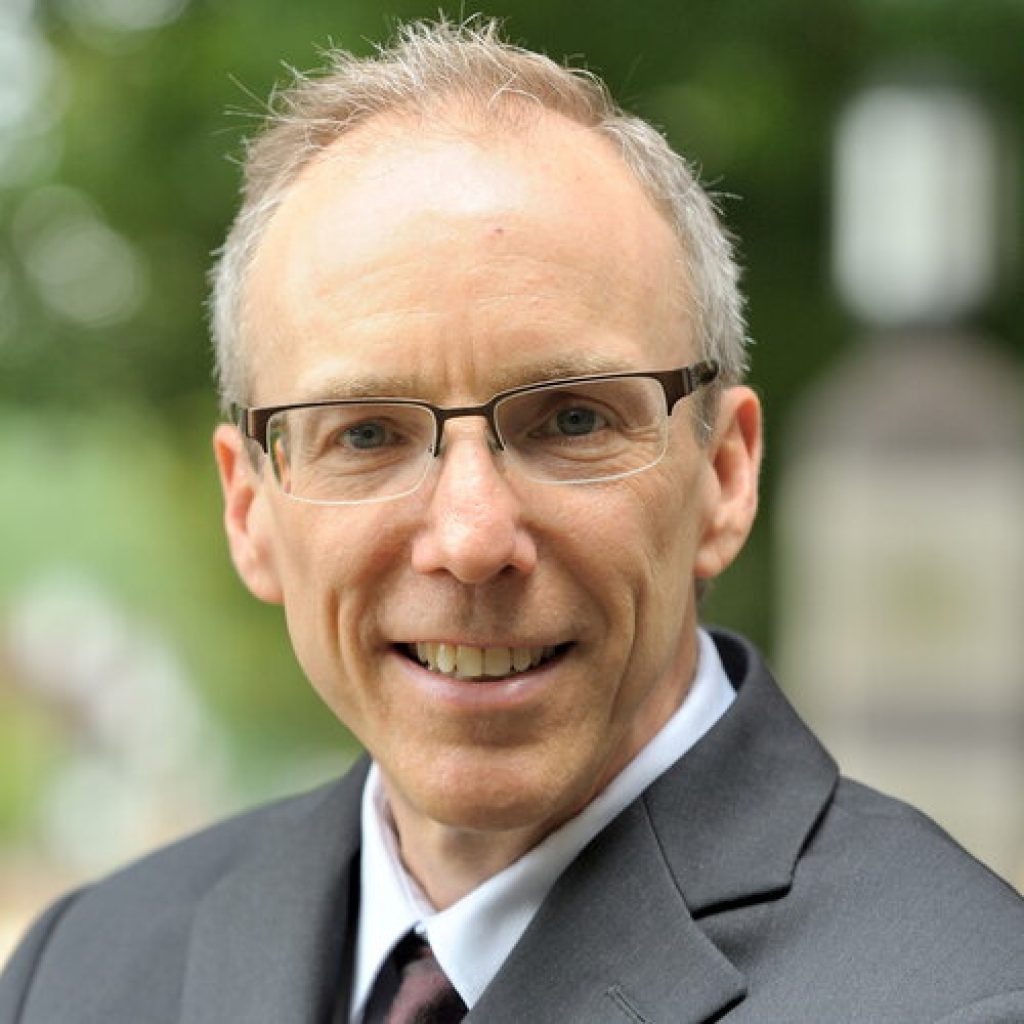






Past Seminars

6/17/24 at 4:00pm in Chemistry A101
Abstract: As an emerging motif since the late 90s, borylenes have been a central, yet elusive, point of interest. Free borylenes have been spectroscopically characterized since the 1970s, however, have only recently been isolated as mono and bis(Lewis base)stabilized borylenes. These species possess a +1 oxidation state and differ from classical boron derivatives wherein the […]

6/17/24 at 4:00pm in Chemistry A101
Abstract: Compounds containing sulfinamide and sulfinamidine (i.e. sulfinamid(in)e) motifs are burgeoning within drug discovery due to their unique biological properties. These motifs are also useful synthons toward accessing valuable sulfur(VI) derivatives such as sulfonamides, sulfonimidamides, and sulfondiimidamides. The most practiced routes to sulfinamid(in)es engage sulfinylamine and sulfurdiimide reagents with prefunctionalized starting materials such as organometallic […]

5/23/24 at 4:00pm in Chemistry A101
Six-membered aromatic rings are ubiquitous in natural products, drugs, and agrochemicals. Classical approaches to functionalize arenes involve electrophilic aromatic substitution (EAS) and nucleophilic aromatic substitution (SNAr) reactions to install a single substituent directly on the carbon framework. However, pre-installed functional groups and electron-withdrawing substituents are required for successful functionalization with nucleophiles. In addition, EAS reactions […]

5/14/24 at 4:00pm in Chemistry A101
About the Seminar: The difluoromethyl functional group (–CF2H) is important in various pharmaceuticals and agrochemicals. This is due to its many advantages, such as behaving as a bioisostere of alcohols, amines, and thiols and lipophilic hydrogen donors through hydrogen bonding. The most common method to add difluoromethyl groups onto an arene is by transition metal […]

5/13/24 at 4:00pm in Chemistry A101
About the Seminar: With the ever-growing global plastics crisis causing consistent damage to environmental and human health, creating new and better biodegradable plastics is of the utmost importance. Poly(3-hydroxybutyrate) (P3HB), a biologically produced aliphatic polyester with an absolute stereoconfiguration of (R), is a great biodegradable candidate to replace commodity plastics having high strength and thermal […]
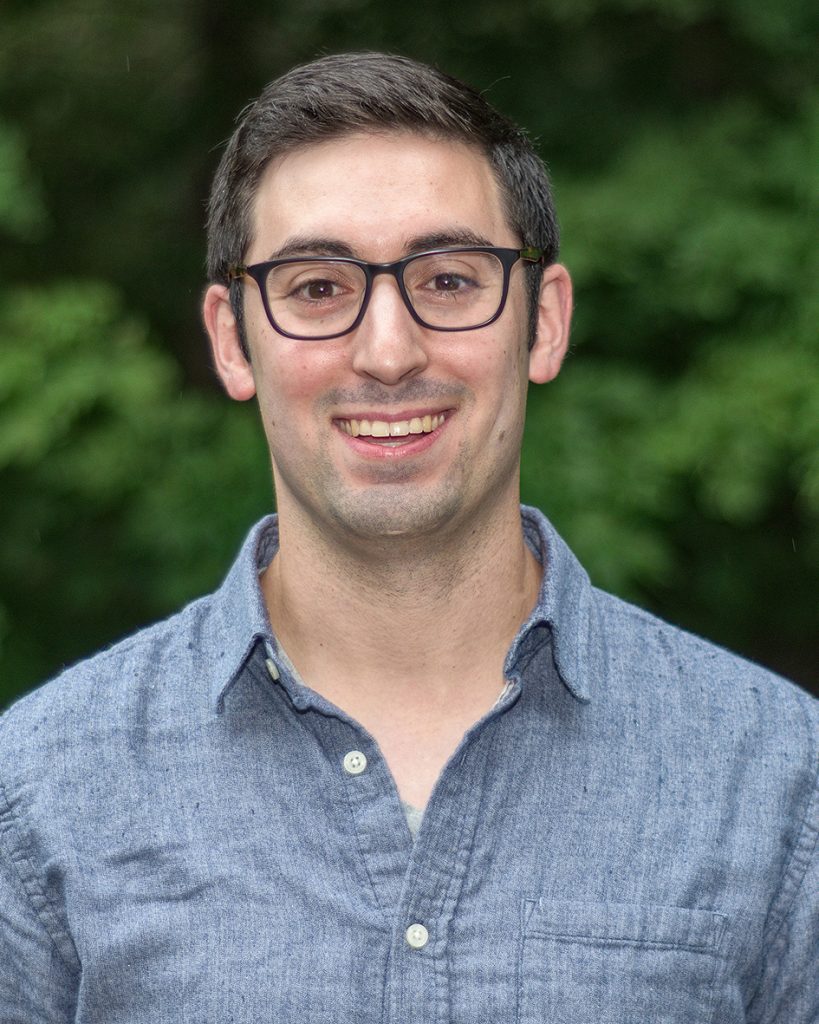
4/29/24 at 4:00pm in Chemistry A101
About the Seminar: The Golder Research Team utilizes fundamental principles of molecular structure to control synthetic polymer function. Many of society’s greatest advancements spanning health, sanitation, construction, electronics, and transportation have been enabled by the invention and application of plastics. Simultaneously, these materials have created significant concerns about global sustainability, climate impact, and environmental pollution. […]
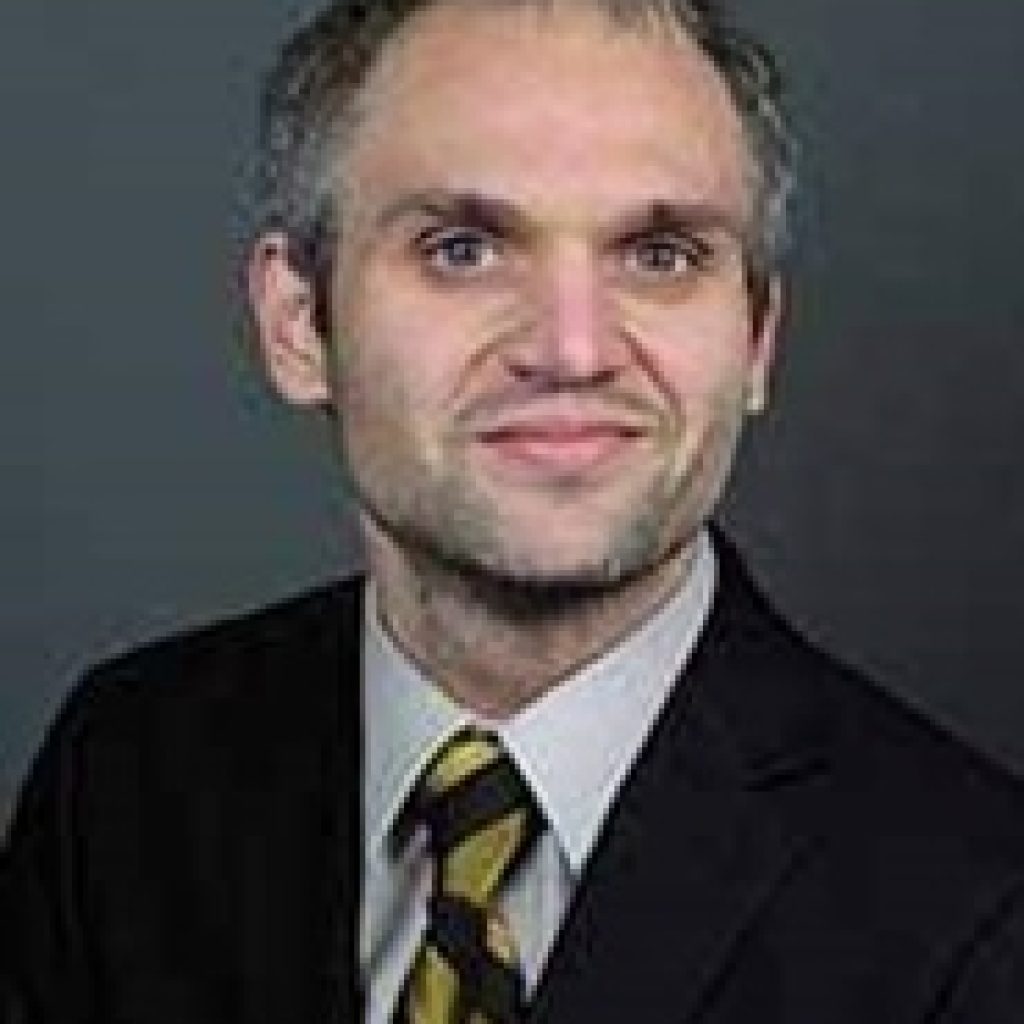
4/22/24 at 4:00pm in Chemistry A101
About the Seminar: While the use of small organic molecules as therapeutic agents (drugs) goes back to antiquity, the therapeutic use of peptide drugs is a very recent phenomenon. Approximately 60 peptides have been introduced for clinical use in the past 25 years. 85% of these peptides contain at least one non-proteinogenic amino acid—those outside […]

4/1/24 at 4:00pm in Chemistry A101
About the Seminar: The growing scale and scope of computational exploration of pharmaceutical chemical space requires the development of novel molecular descriptors, particularity lacking is the development of low dimension representation of electronic topologies in a format that is both computationally efficient and informative. To this end this research proposal lays out the development of a […]
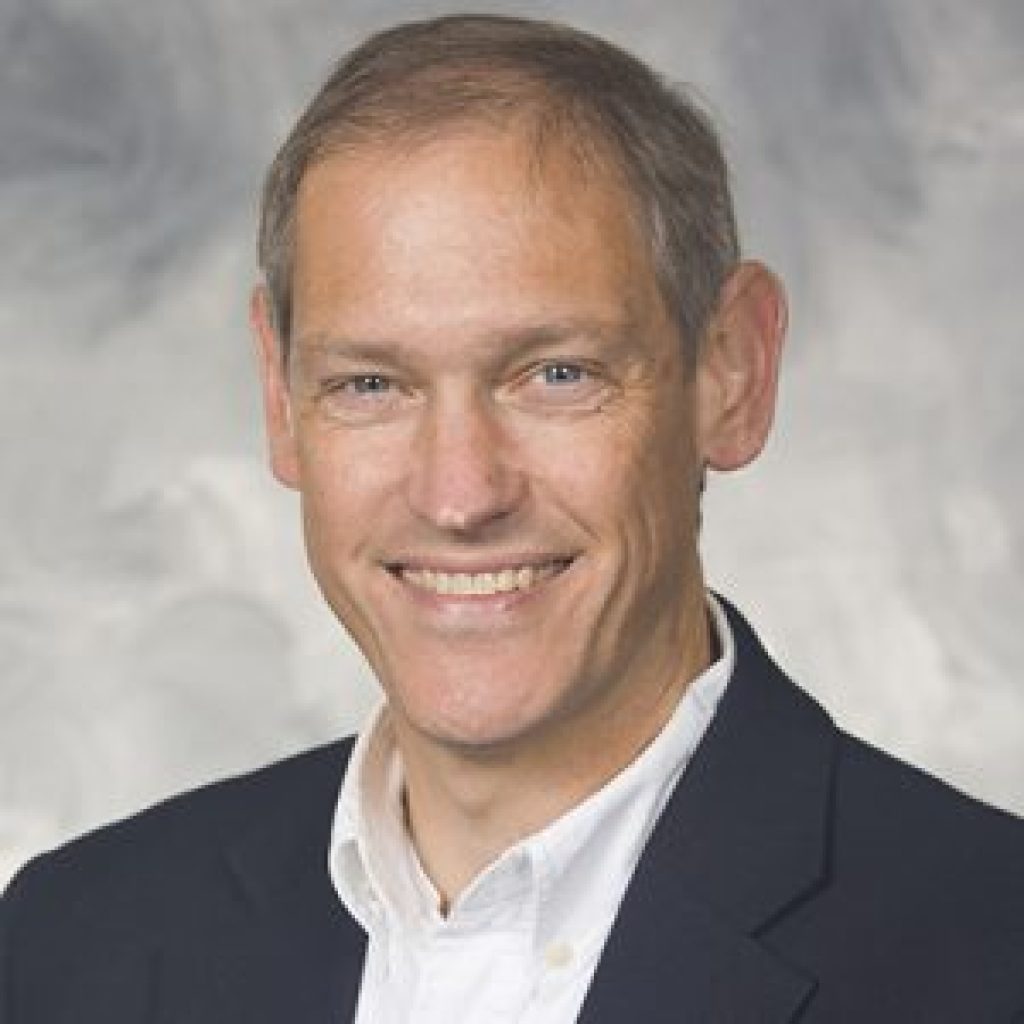
3/25/24 at 4:00pm in Chemistry A101
About the Seminar: Liquid phase aerobic oxidations in chemistry and biology feature a variety of different mechanisms for O2 activation and use as an oxidant. Radical-chain mechanisms involve the formation organic radicals that react directly with O2. Monooxygenase enzymes feature reductive activation of O2 to generate a reactive two-electron oxidant, such as a metal-oxo species, […]
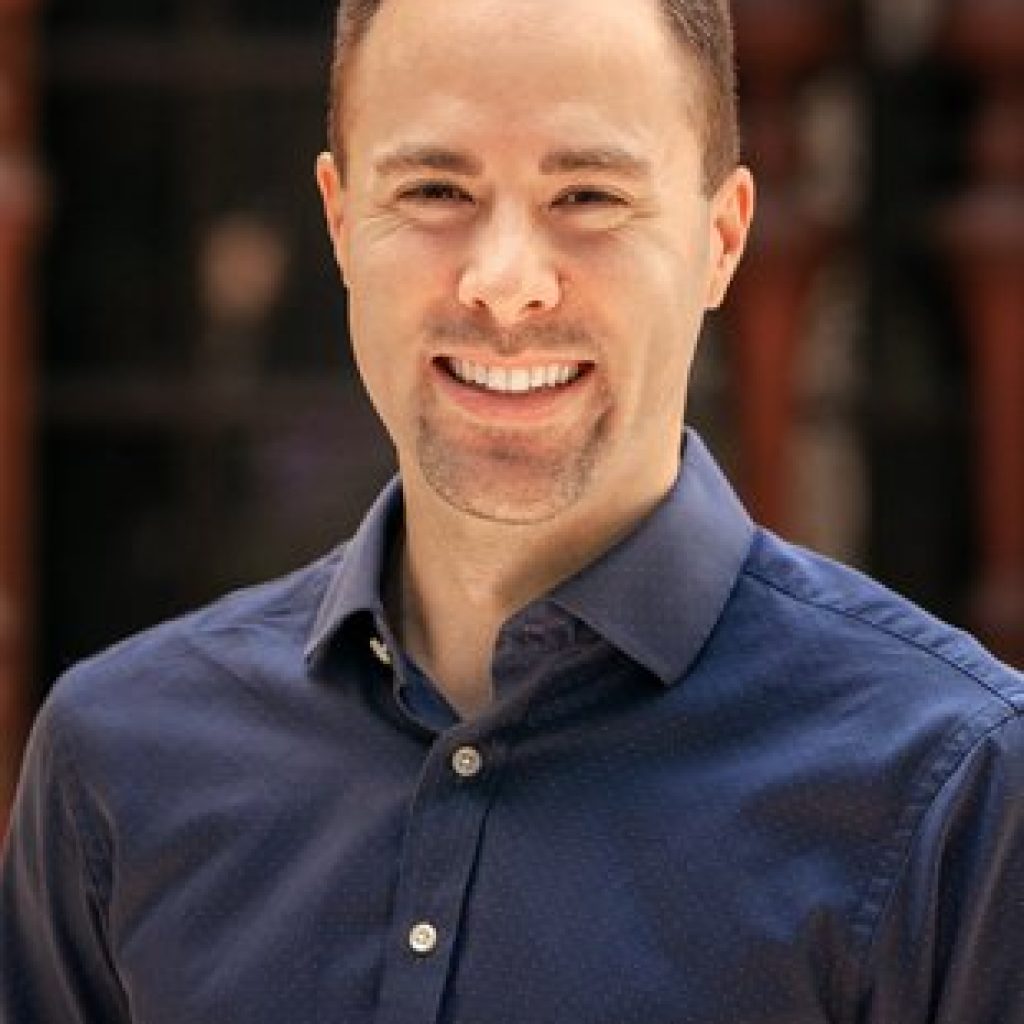
2/26/24 at 4:00pm in Chemistry A101
About the Seminar: The use of mechanical force to selectively activate covalent bond transformations presents unique opportunities for the design of stimuli-responsive polymers for applications ranging from sensing to drug delivery. By incorporating stress-sensitive molecules called mechanophores into polymer chains, force is transduced selectively to weak bonds in the mechanophore to elicit a productive chemical […]
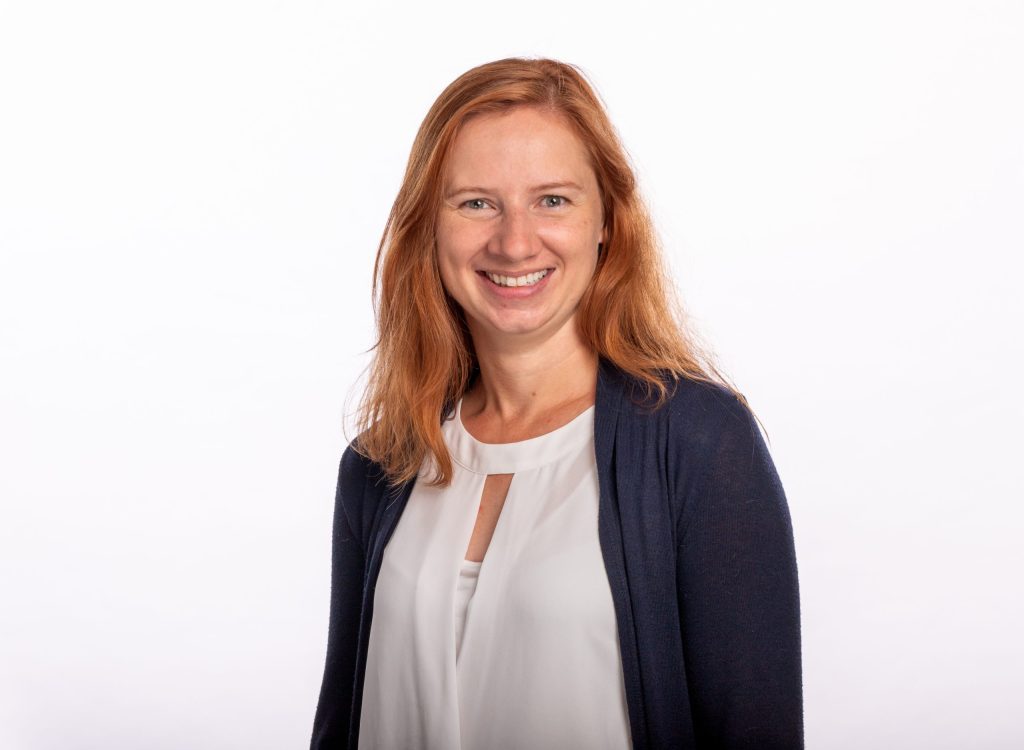
2/19/24 at 4:00 pm in Chemistry, A101
About the Seminar: Photon-driven processes have become a powerful tool for achieving challenging bond cleavages and formations. Photocatalysis offers temporal and spatial control with low-energy light, which has been widely advantageous for efficiently building molecular complexity from simple starting materials. The judicious choice of photocatalysts enables the precision of reactivity that is rarely achieved with […]
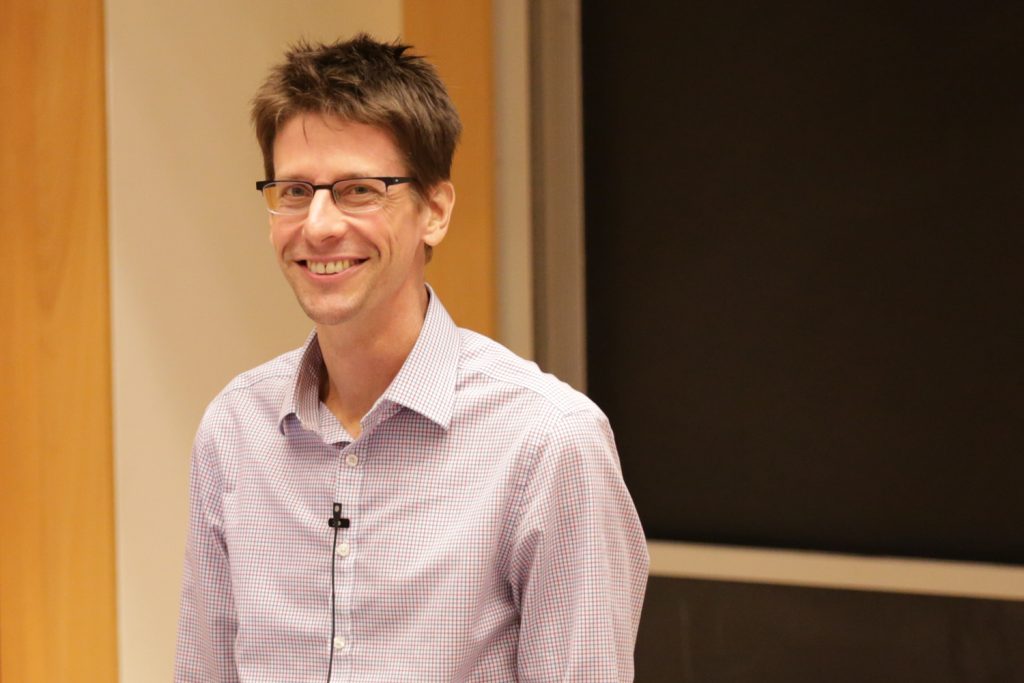
2/12/24 at 4:00pm in Chemistry A101
About the Seminar: The productive merger of enantioselective catalysis and crystallization-induced stereoconvergent processes demonstrates the potential of using physical properties to reveal unique reactivity. Case studies in stereoselective synthesis of crystalline polyfunctional building blocks will be presented. About the Speaker: A. Ronald Gallant Distinguished Professor Jeffrey Johnson was born in Emporia, KS and earned his […]
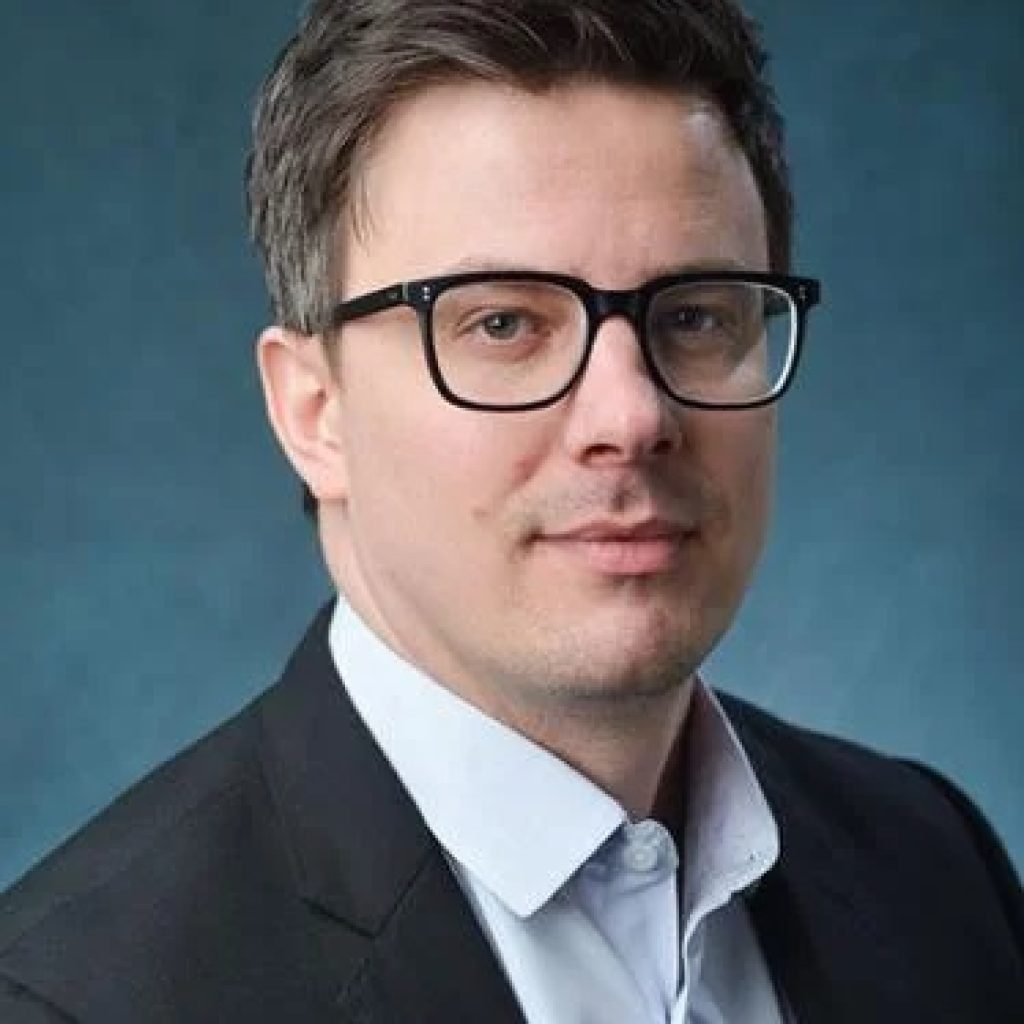
10/9/23 at 4:00pm in Chemistry A101
Abstract: The synthesis of small molecules and biologics using polarity reversal (umpolung) strategies has the potential to transform drug discovery by tapping into previously underexplored reagents and mechanisms. In this lecture, I will present our research on the use of umpolung methods to build and functionalize small molecules, carbohydrates, peptides, and proteins. Specifically, I will […]
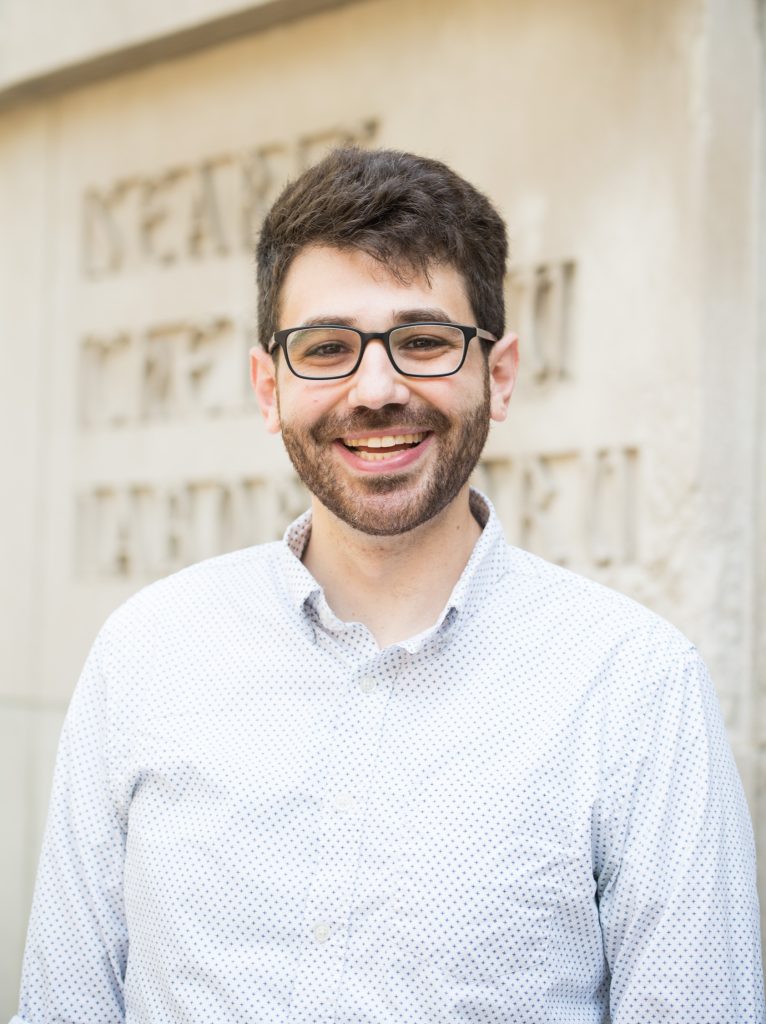
9/18/23 at 4:00pm in Chemistry A101
Abstract: Reactions which can manipulate the connectivity of the molecular skeleton are underexplored as tools for late-stage functionalization, in part because their implementation has been hindered by their often nonintuitive retrosynthetic logic. This presentation will cover selected transformations discovered in our laboratory which address this challenge by enabling single-atom changes to aliphatic and aromatic systems […]

5/3/23 at 4:00pm in Chemistry A101
Research Seminar – Carbon-nitrogen bonds are ubiquitous across nearly all classes of chemicals from pharmaceuticals to commodity chemicals. An appealing way to incorporate nitrogen into compounds is through the use of nitrenes since they are single N atom units with diverse reactivity. An ideal way to access nitrenes would be from a stable and abundant […]
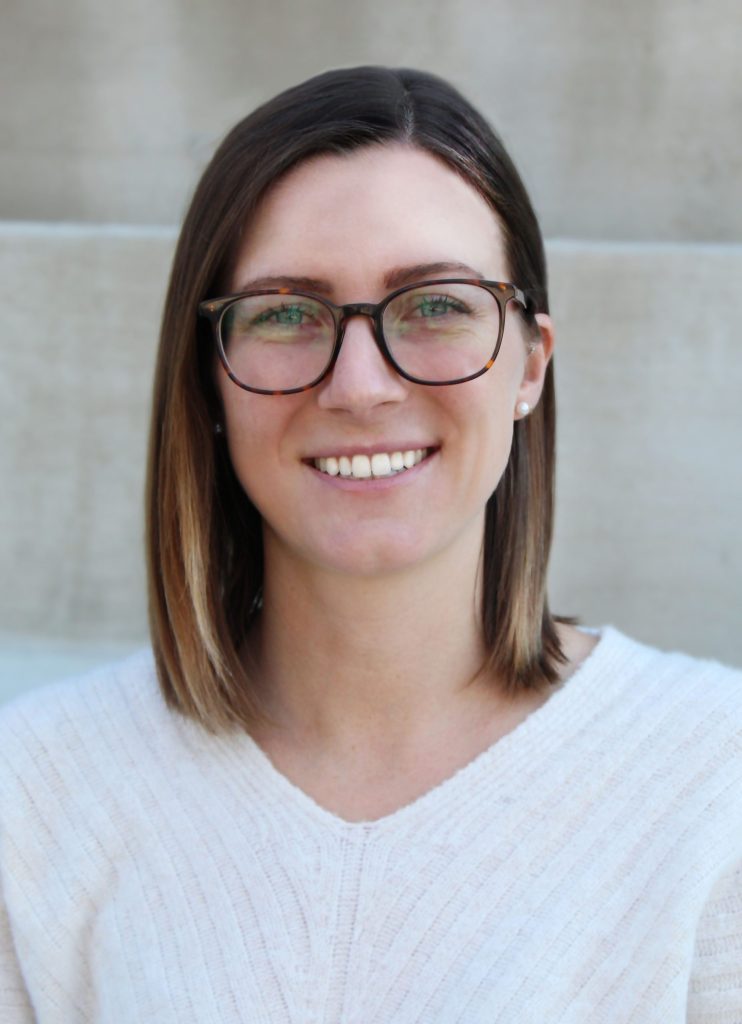
5/3/23 at 4:00pm in Chemistry A101
Research Seminar – Abstract: Bottlebrush polymer prodrugs are an important emerging class of synthetic macromolecules for biomedical applications such as gene and drug delivery. Currently, there exists a lack in understanding of how bottlebrush polymer prodrugs interact with proteins in biological media. It is known that when foreign particles (such as synthetic macromolecules) of a […]
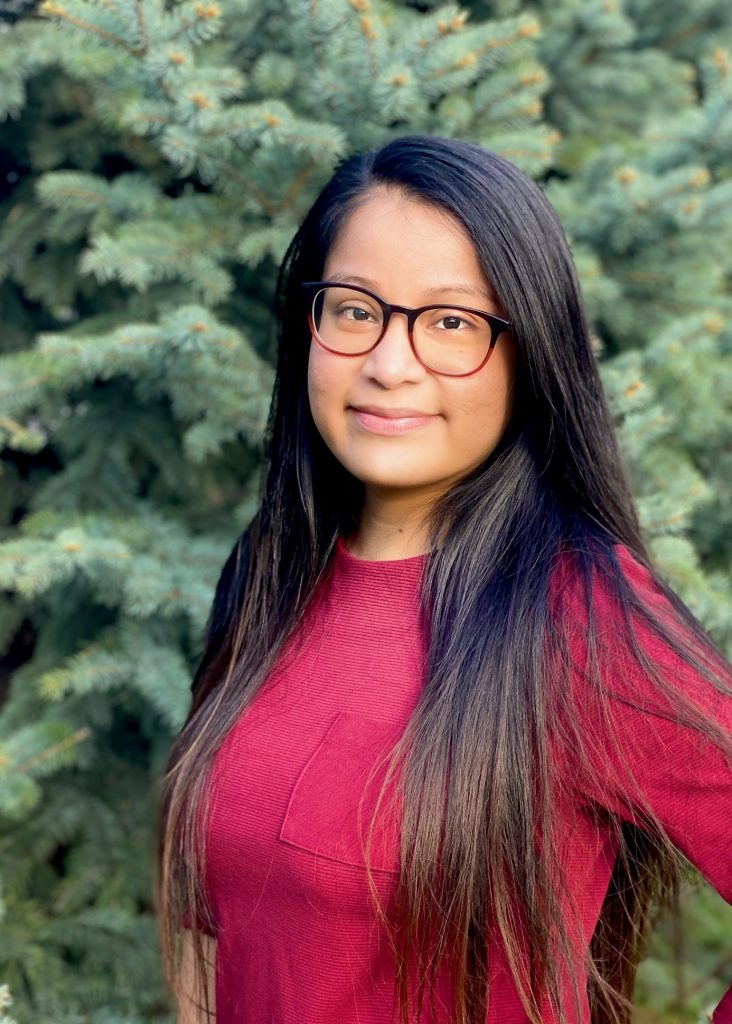
5/1/23 at 4:00pm in Chemistry A101
Research Seminar – Abstract. Synthetic methods to access compound collections based on “privileged scaffolds” for a diverse array of biologically relevant targets are highly desirable. Therefore, the ability to interconvert between (often heterocyclic) scaffolds in a functionalized molecule is a topic of intense interest: such transformations have been termed “skeletal editing.” Skeletal edits such as single-atom […]
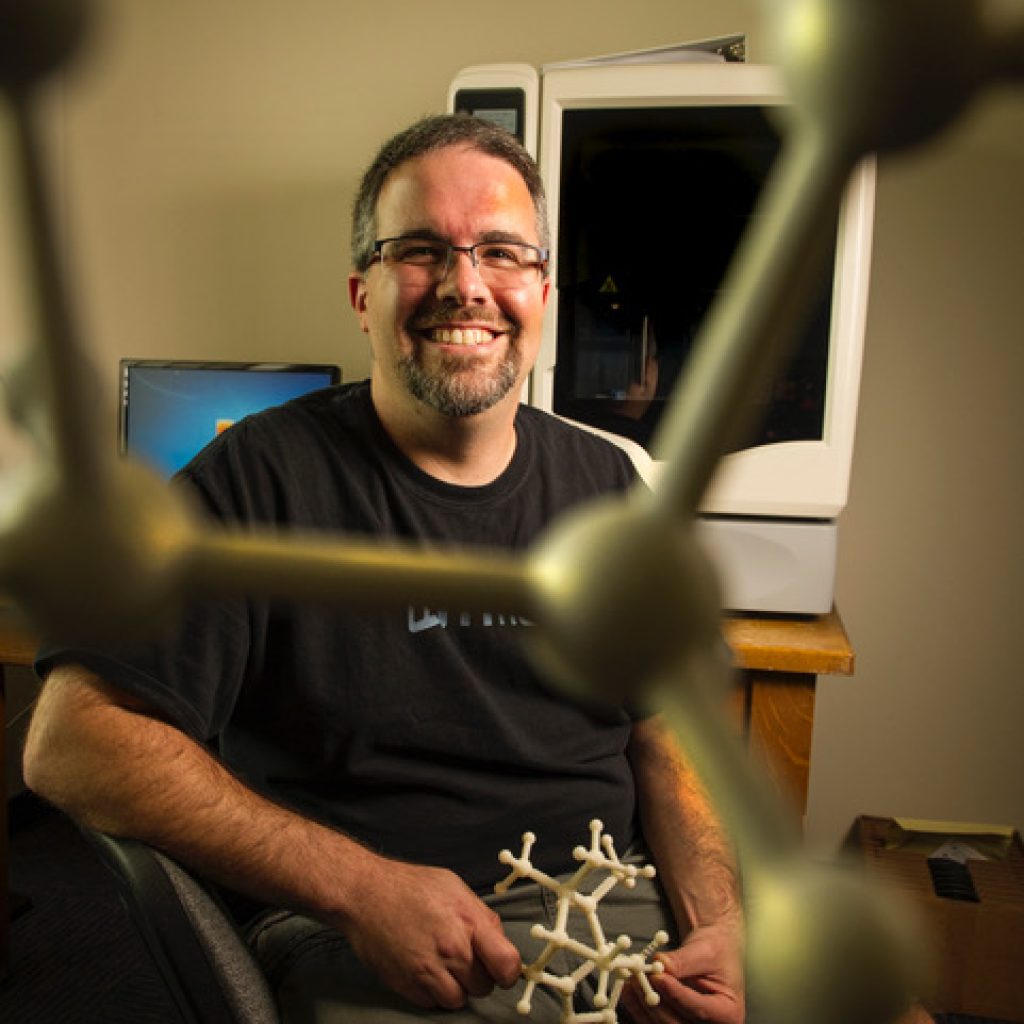
4/24/23 at 4:00pm in Chemistry A101
About the Seminar Results of quantum chemical calculations on the reactivity and selectivity of reactions involving Rh-bound carbenes will be described, with an emphasis on dynamic models of reactivity and selectivity. About the Speaker Prof. Tantillo and the group of graduate students, undergraduate researchers and postdoctoral researchers that he manages are world’s experts in applying […]
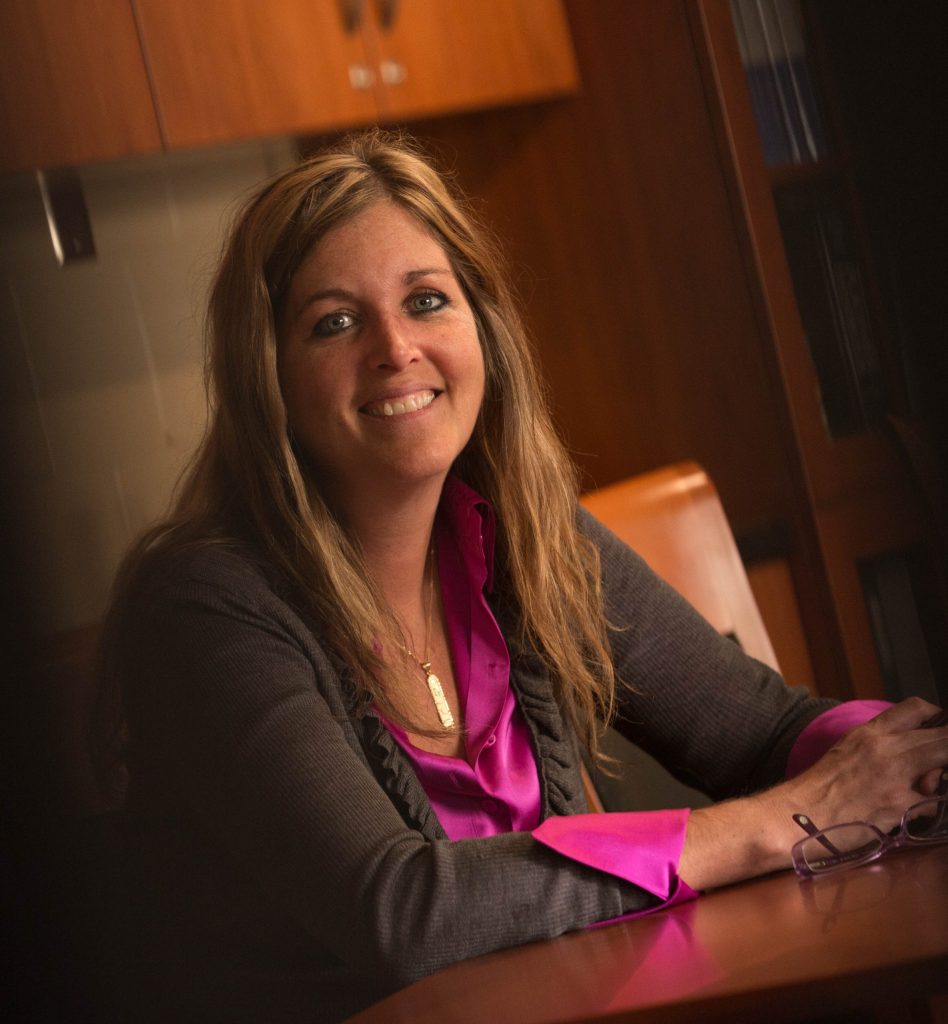
4/17/23 at 4:00pm in Chemistry A101
About the Seminar A primary interest in the Wooley laboratory is the production of functional polymers from renewable sources that are capable of reverting to those natural products once their purpose has been served. A long-standing focus has been the development of synthetic methodologies that transform sugars, amino acids and other natural products into polymer […]
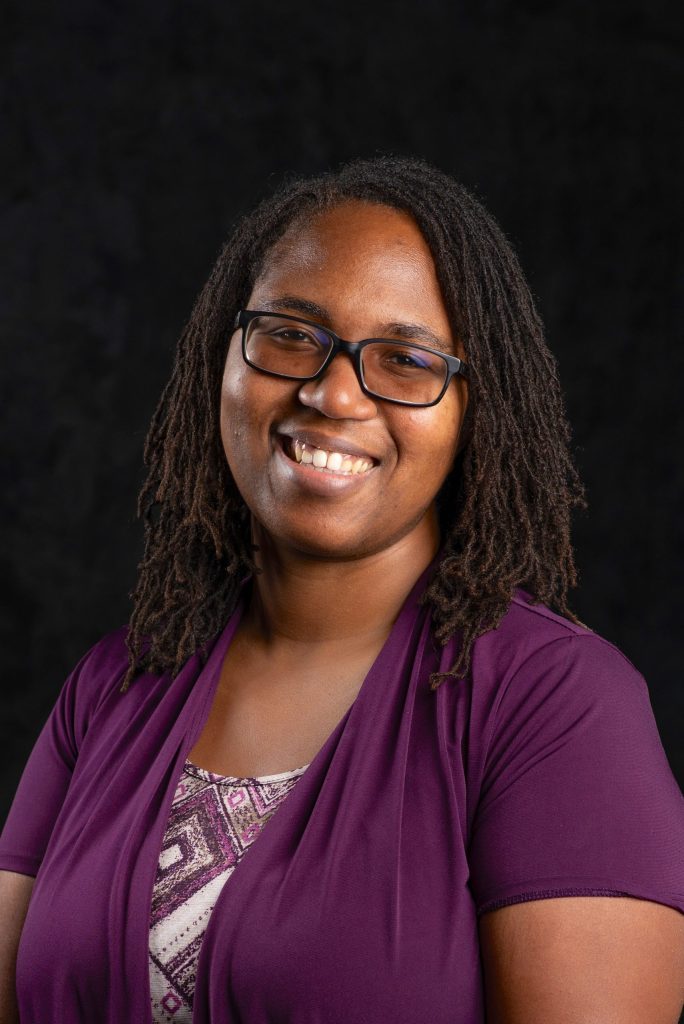
4/3/23 at 4:00pm in Chemistry A101
About the Seminar Work in the Kisunzu Lab investigates the properties and reactivity of strained molecules – particularly focusing on benzynes and other arynes. Benzyne intermediates have been shown to undergo a variety of types of reactions including additions, pericyclic reactions, and bond insertions. Our lab is interested in contributing to the field of aryne […]
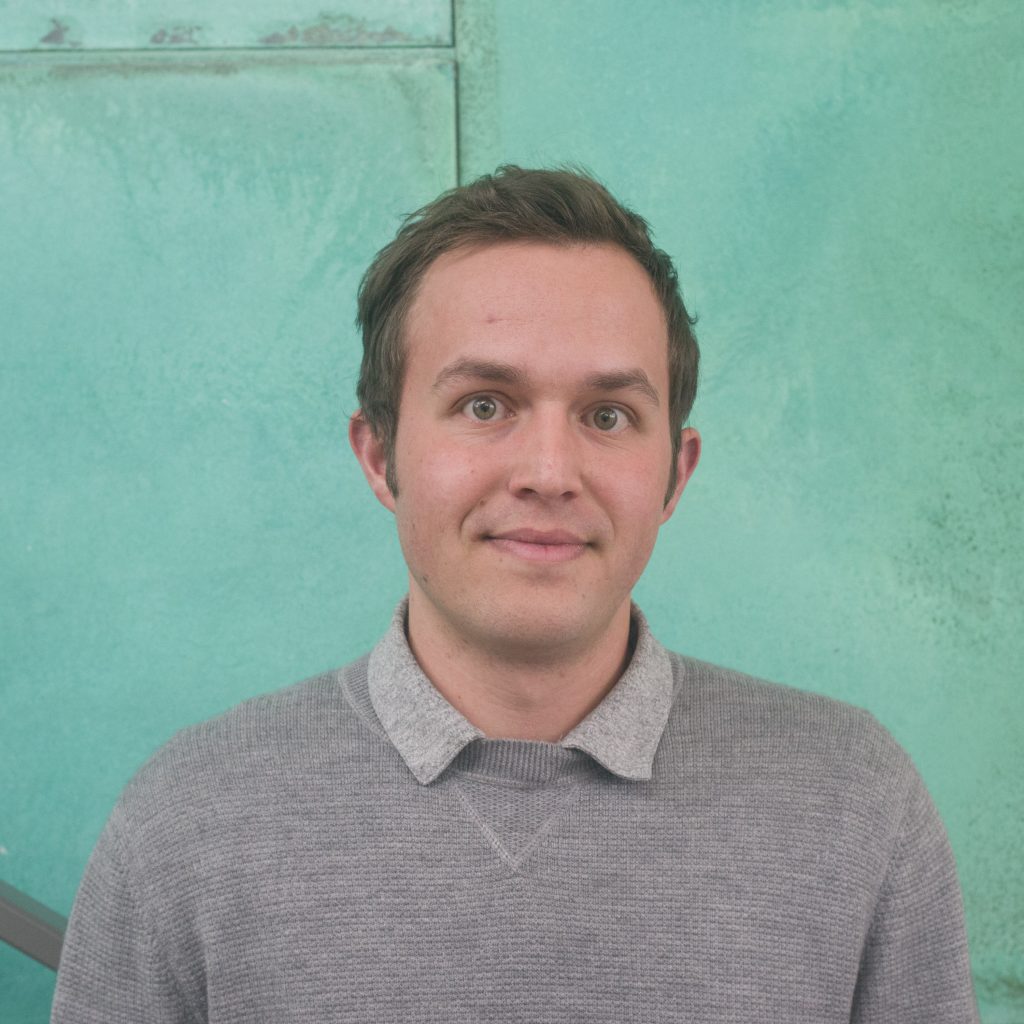
3/27/23 at 4:00pm in Virtual - Zoom
About the Seminar Ketamine has become a promising new therapeutic for treatment-resistant major depression. However, the transient nature of ketamine’s anti-depressive activity reduces its current viability as a treatment. Additionally, since the drug has such a high incidence of abuse, receiving treatment is challenging for patients. The drug Vyvanse is a prime example of how […]
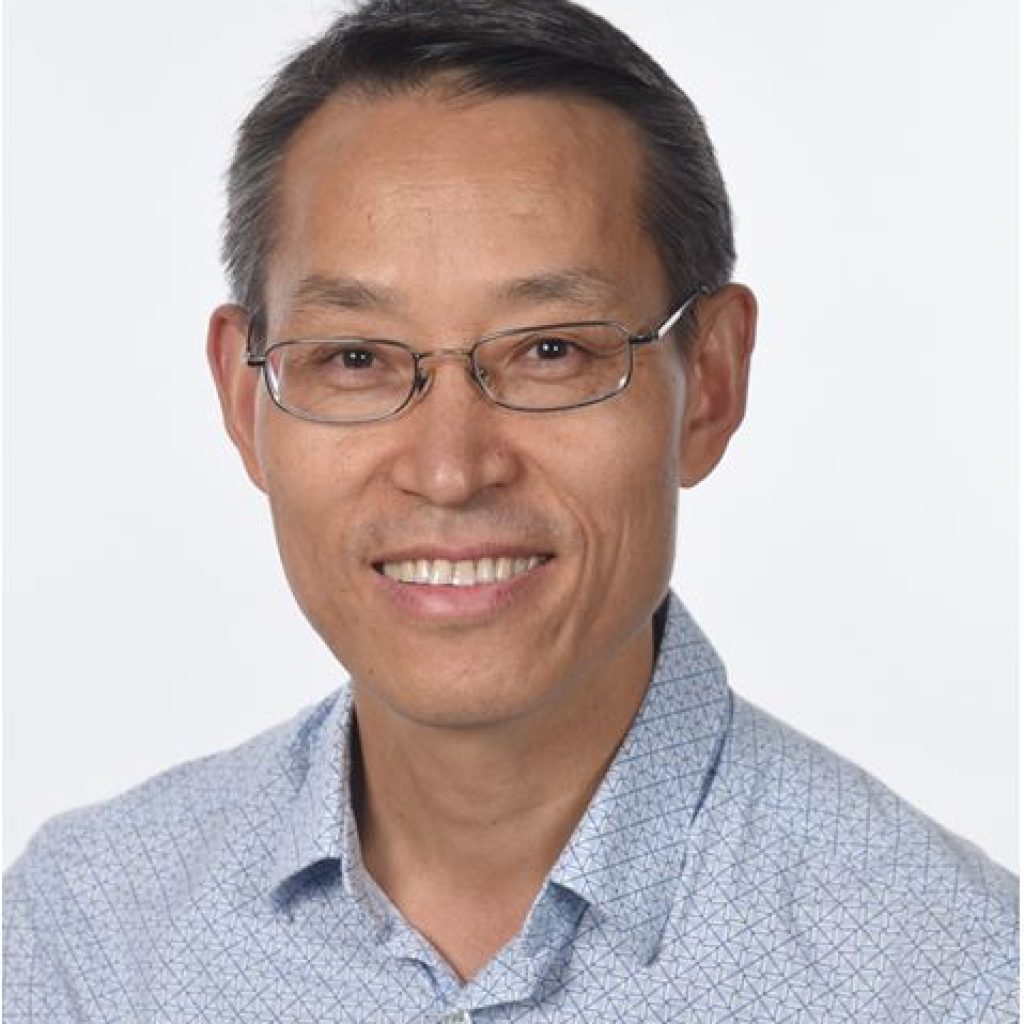
3/6/23 at 4:00pm in Chemistry A101
About the Seminar Many biopolymers not only have advanced mechanical properties such as high modulus, toughness, and elasticity, but more importantly, exhibit dynamic characteristics including adaptive, malleable, and self-healing properties. Following inspirations from the Nature, Guan lab has developed various biomimetic soft materials imbued with active and dynamic properties. In one system, we have designed […]
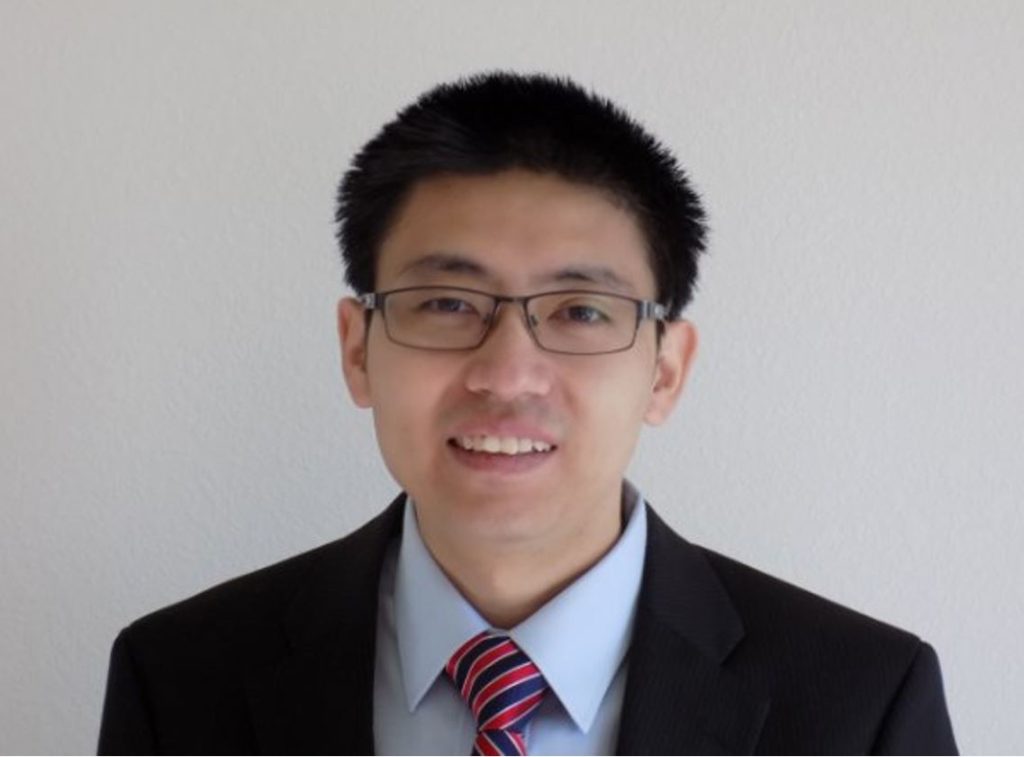
2/13/23 at 4:00pm in Chemistry A101
Cationic Late Transition Metal Complexes for Selective α-C–H Functionalization About the Seminar We describe the discovery and development of catalytic α-C–H functionalization reactions of simple unsaturated hydrocarbons, including alkynes, alkenes, and allenes, using cationic cyclopentadienyliron(II) dicarbonyl complexes. These complexes enable the development of a new mode of catalytic C–H functionalization in which metal coordination to […]
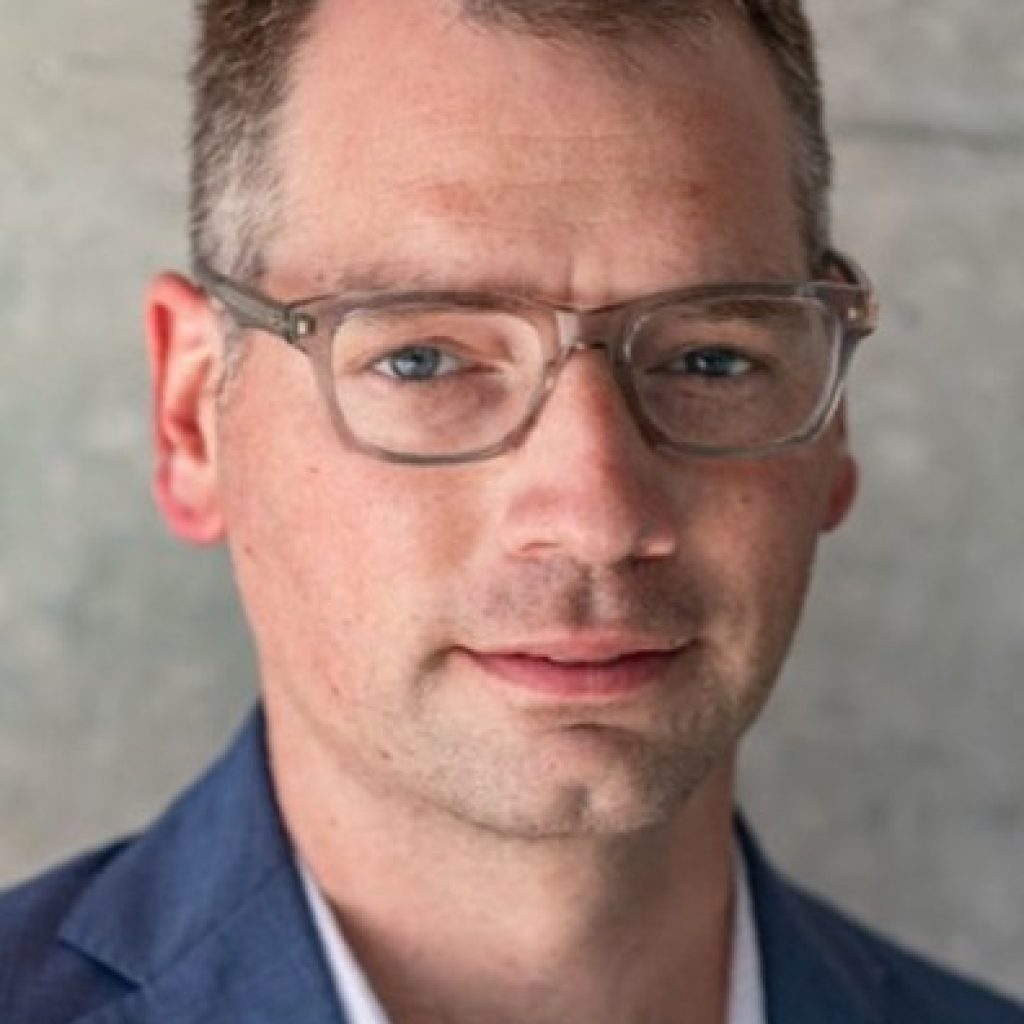
11/7/22 at 4:00pm in Chemistry A101
About the Seminar Advancing the synthesis of small molecules is critical to the advent of new medicines, materials, and agrochemicals. Our lab has been exploring strategies in chemical synthesis – both in reaction method development and total synthesis – that leverage modern data science techniques. This presentation will share some recent results using informatics to target novel […]

10/24/22 at 4:00pm in Virtual Seminar - Zoom
Zoom Link: Topic: Sathyamoorthi Seminar Time: Oct 24, 2022 04:00 PM Mountain Time (US and Canada) Join Zoom Meeting https://zoom.us/j/99146009571?pwd=SHJWOVNSZDVWUEJ5cllyQ3ZjUW4vZz09 Meeting ID: 991 4600 9571 Passcode: 102422 About the Seminar: Advances in tethered olefin functionalization technology will greatly aid in the precise installation of alcohols and amines and in the efficient construction of stereochemical […]
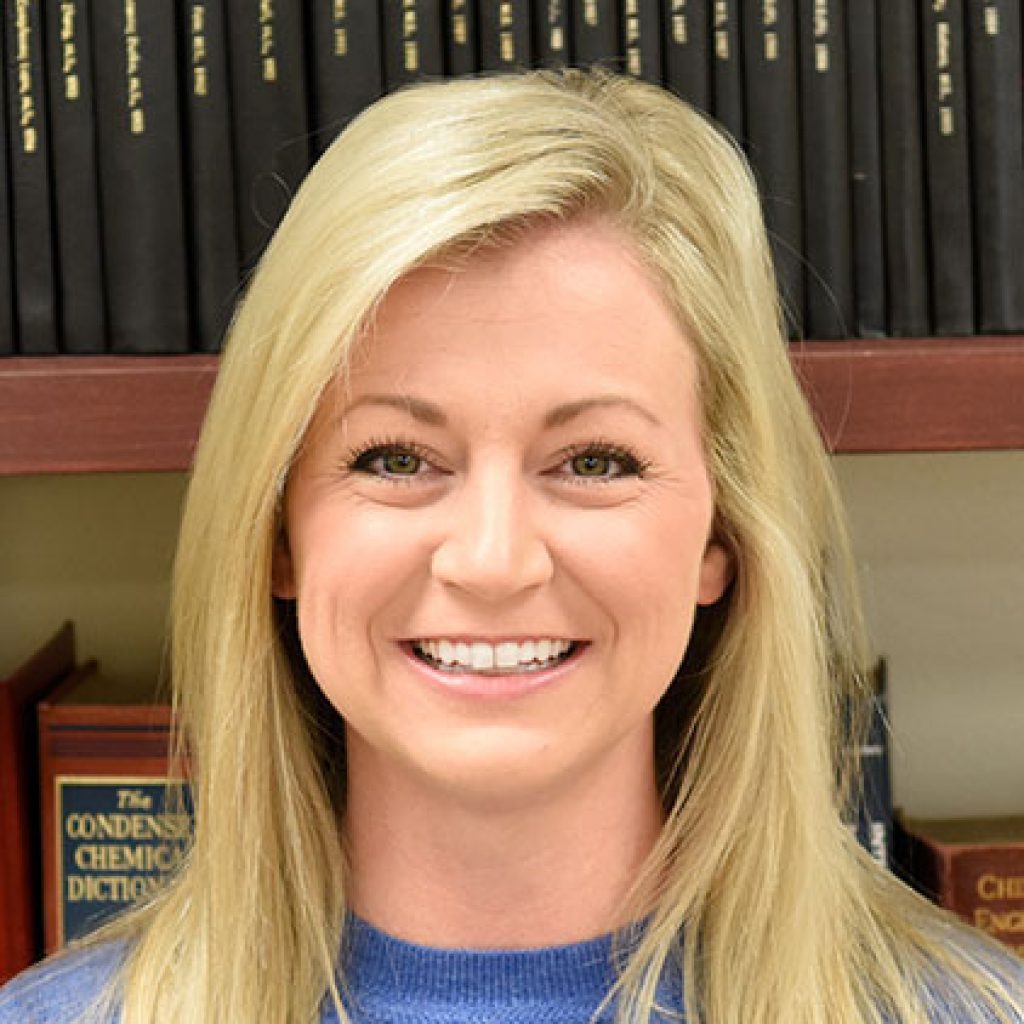
10/11/22 at 4:00pm in Chemistry A101
About the Seminar: First row transition metals present opportunities for the discovery of novel catalytic transformations enabled by their distinct reactivity. Iron complexes are especially attractive as transition metal catalysts given that iron is generally nontoxic and is the most abundant d-block metal in the Earth’s crust. Research in the Neely focuses on the development […]
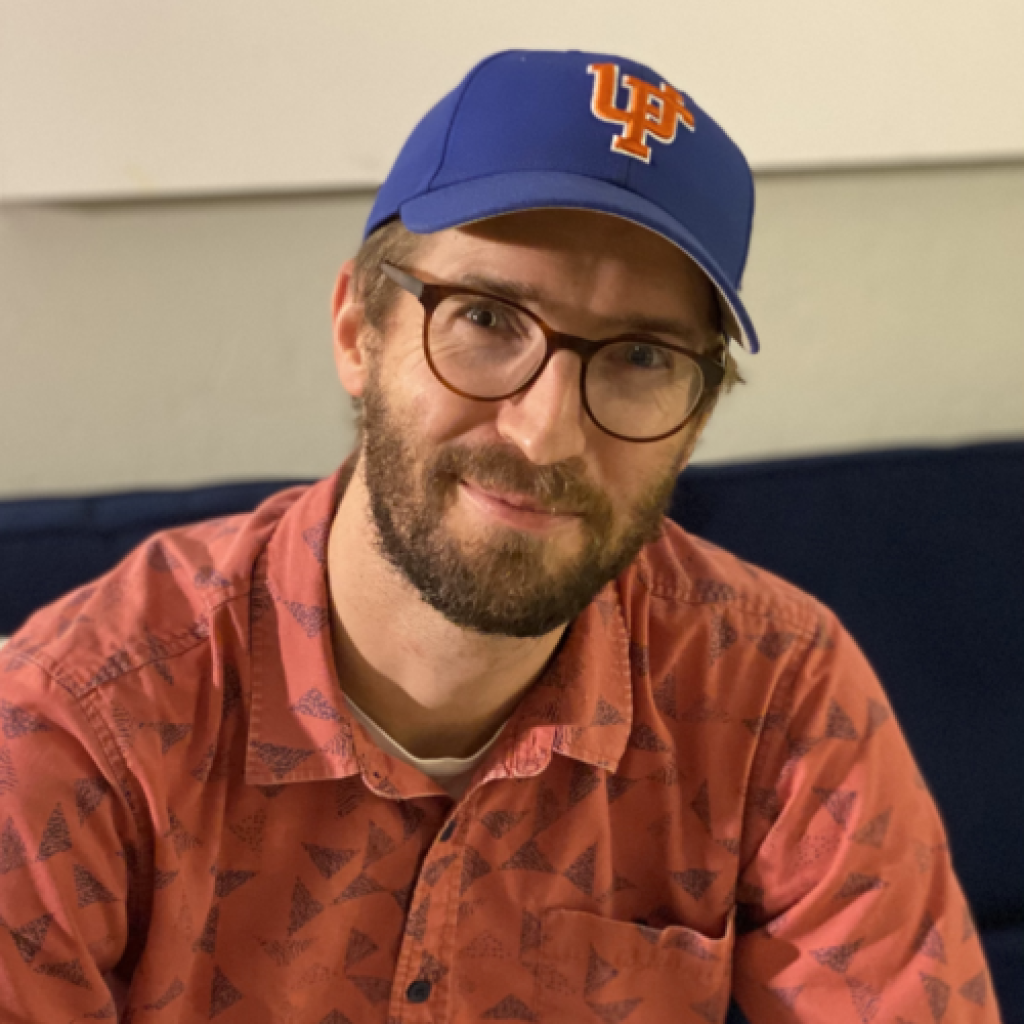
9/19/22 at 4:00 PM in Chemistry A101
About the Seminar: Two Short Stories: (1) Developing a versatile contrathermal Cope rearrangement platform for enantioselective synthesis. (2) Toward atropselecitve disubstitution of nitroarenes. The Cope Rearrangement is a classic transformation of value to organic synthesis. Certain substrates classes have been well developed due to their ready availability and generally favorable energetic profiles. Conversely, 3,3-dicyano-1,5-dienes have […]
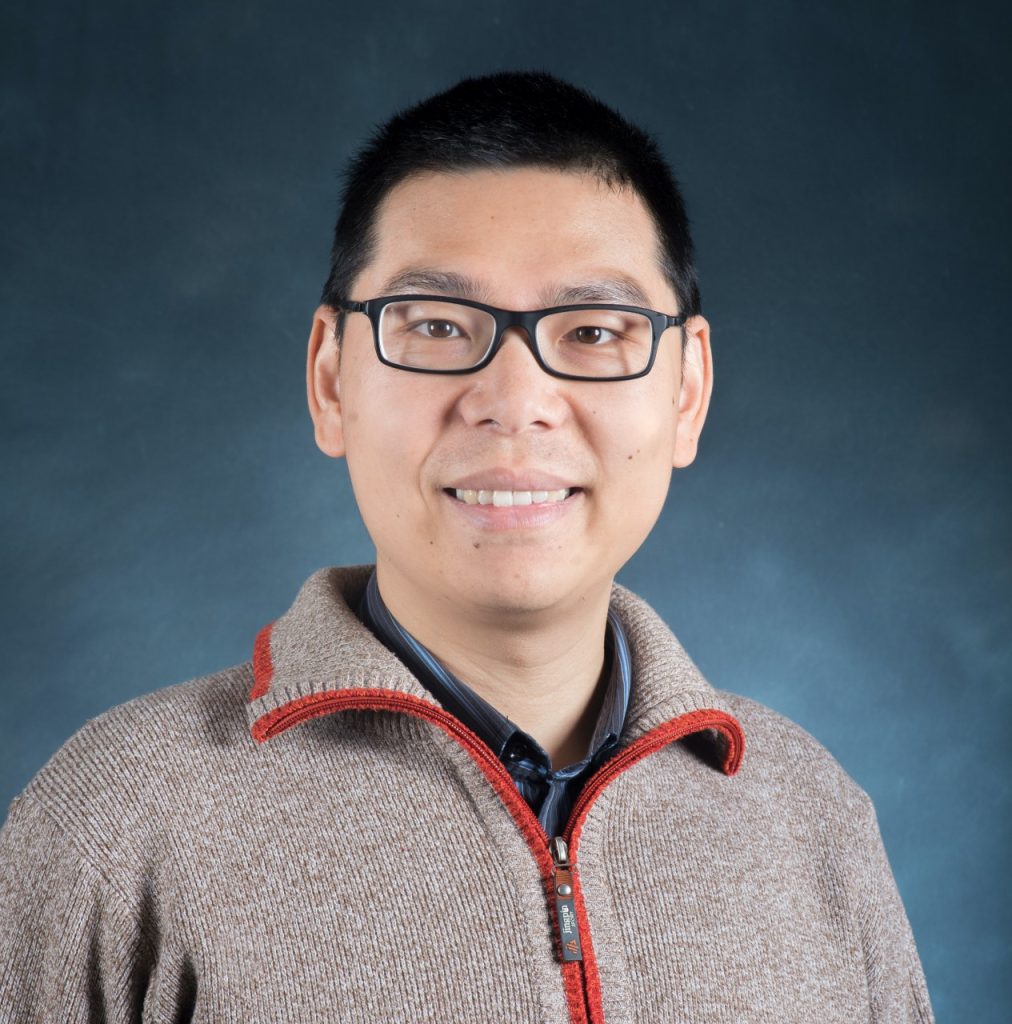
9/2/22 at 4:00 PM in Chemistry A101
Seminar Abstract Macromolecules are ubiquitous in life and in human society. A long-term goal of our research group is to develop novel synthetic macromolecules that are degradable, derived from sustainable resources, possess a circular life cycle, or can serve as functional probes in biological investigations. In this seminar, I will discuss new strategies that enable […]

6/6/22 at 4:00pm in Chemistry A101
About the Talk: The beneficial effects of fluorine substitution on the ADME properties of drugs has been widely recognized and its presence in pharmaceuticals and agrochemicals has increased dramatically due to the development of reagents for facile fluorination and trifluoromethylation. Conversely, the pentafluorosulfanyl (–SF5) group remains underexplored due to the challenges of working with traditional […]

6/6/22 at 4:00pm in Chemistry A101
About the Talk: The trifluoromethoxy (-OCF3) substituent has emerged as a prominent functional group in the development of new pharmaceuticals, agrochemicals, and functional materials. A widely utilized approach to form carbon-OCF3 bonds is nucleophilic substitution of electrophiles with trifluoromethoxide. Despite significant developments in this area, facile decomposition of trifluoromethoxide into difluorocarbonyl and fluoride has prevented […]

5/31/22 at 4:00pm in Chemistry A101
About the Seminar: Nitroarenes are an important class of molecules found in pharmaceuticals and used as synthetic intermediates in the synthesis of more complex molecules. Because nitroarenes are very pi-deficient, they are challenging to halogenate via electrophilic aromatic substitution (EAS). Currently, these molecules can be halogenated at the meta position using solvent quantities of strong […]

5/16/22 at 4:00pm in Chemistry A101
About the Seminar: Arguably the most facile synthetic approach towards sustainable polyesters is through the ring-opening polymerization (ROP) of cyclic esters (or lactones). Robust methodology has been developed for the controlled ROP of these cyclic monomers at scale, but synthesis of these lactone monomers from bio-derived feedstocks can often be multi-step, energy intensive, low yielding, […]
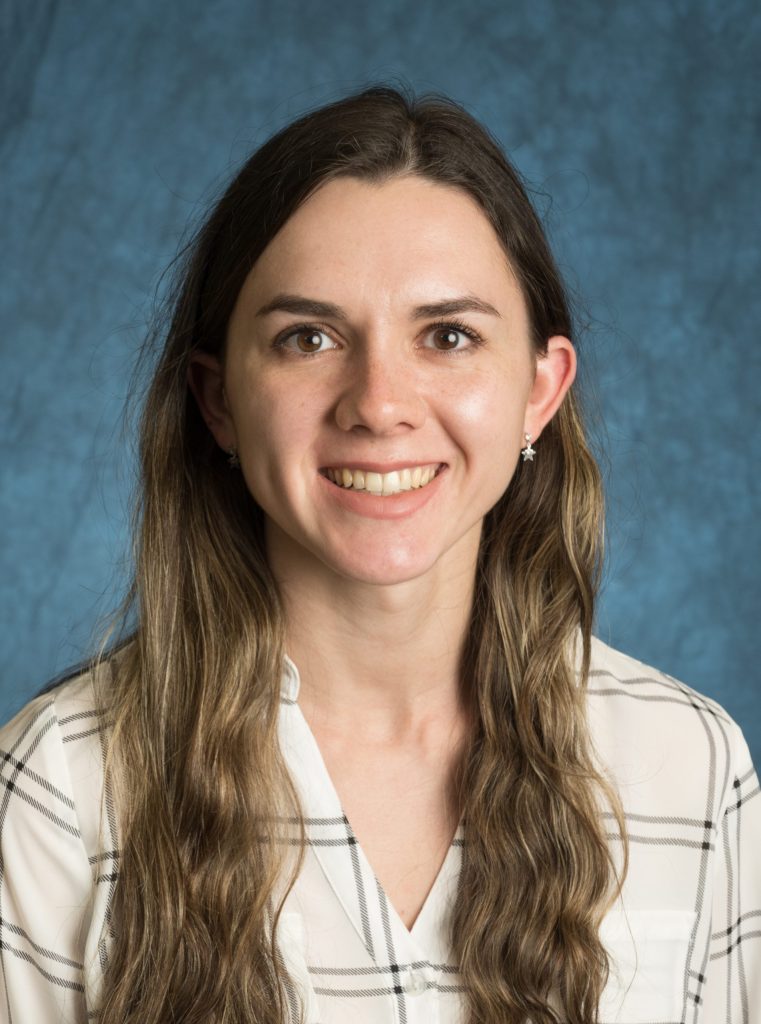
5/2/22 at 4:00 PM in Virtual Seminar - Zoom
About the Seminar: This work will explore photoredox-Ni dual catalyzed sp2-sp3 cross-coupling, Diels-Alder, and hetero Diels-Alder reactions towards their use in synthesizing synthetic cannabinoids. These transformations are critical for medicinal chemistry applications to enable reactions between electron-rich dienes and electron-rich dienophiles and difficult sp3-sp2 cross-coupling reactions. Additionally, these reactions can be used to synthesize JWH133 […]
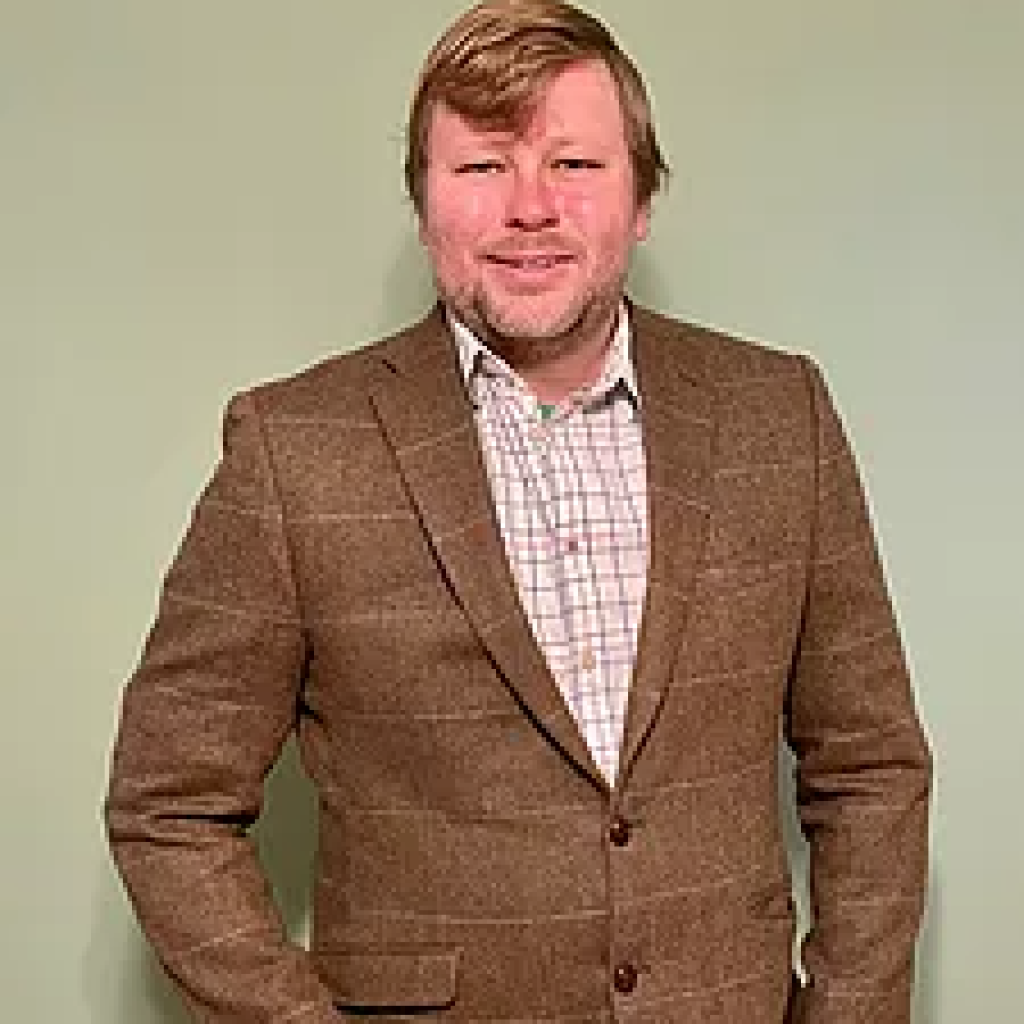
4/11/22 at 4:00 PM in Chemistry A101
About the Seminar Covalent protein modification chemistries have become an essential component to a wide array of fields ranging from drug discovery and chemical biology to materials chemistry. As a result, the development of new bioconjugation chemistries with enhanced sophistication and new capabilities serve to not only enable access to protein conjugates with new functional […]
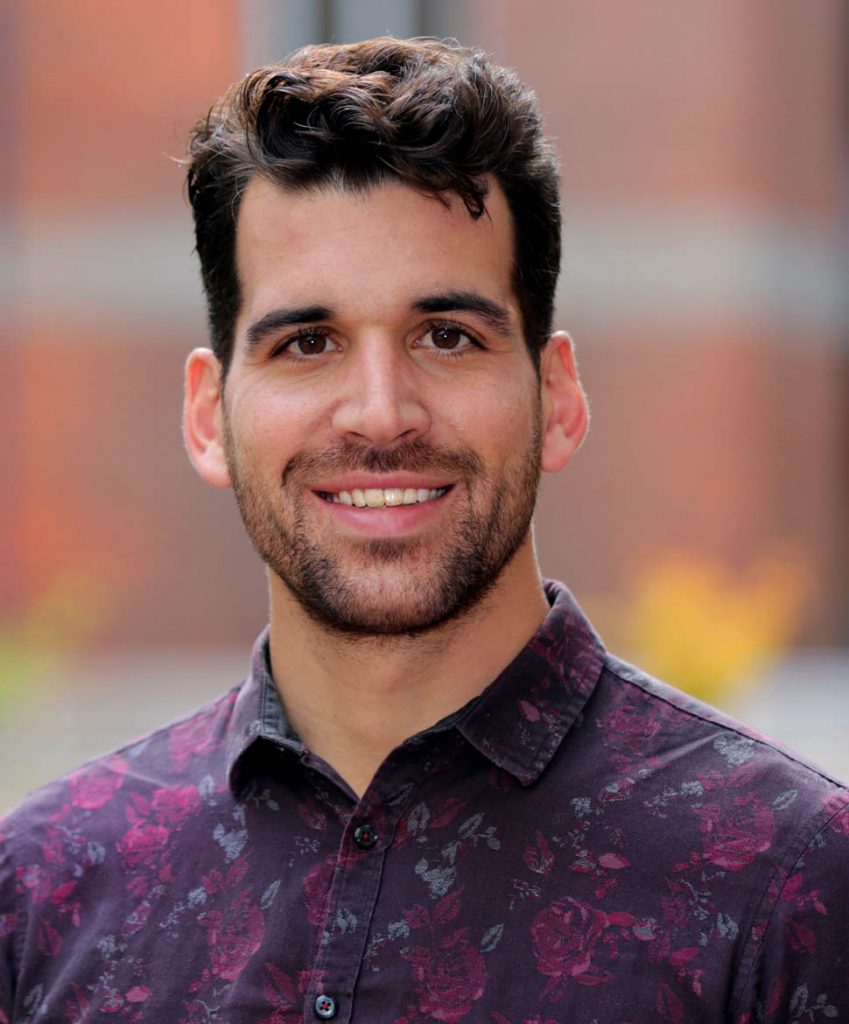
4/4/22 at 4:00 PM in Chemistry A101
About the Seminar: Plastics are the largest synthetic consumer product in the world, with an annual production of over 360 million metric tons annually. Despite the structural diversity enabled by modern advances in polymer synthesis, greater than 60% of world plastic production remains dominated by polyolefins. These high-volume, low-cost engineering thermoplastics are made from a […]

3/28/22 at 4:00pm in Virtual Seminar - Zoom
About the Seminar: Organoboron species are key reagents in organic synthesis, materials science, and drug discovery. Methods that install the boryl functional group are in high demand, especially those that provide a route to previously inaccessible organoboron intermediates. Potassium acyltrifluoroborate salts (KATs) are bench-stable reagents that display rapid condensation with nitrogen nucleophiles for amide-bond formation […]
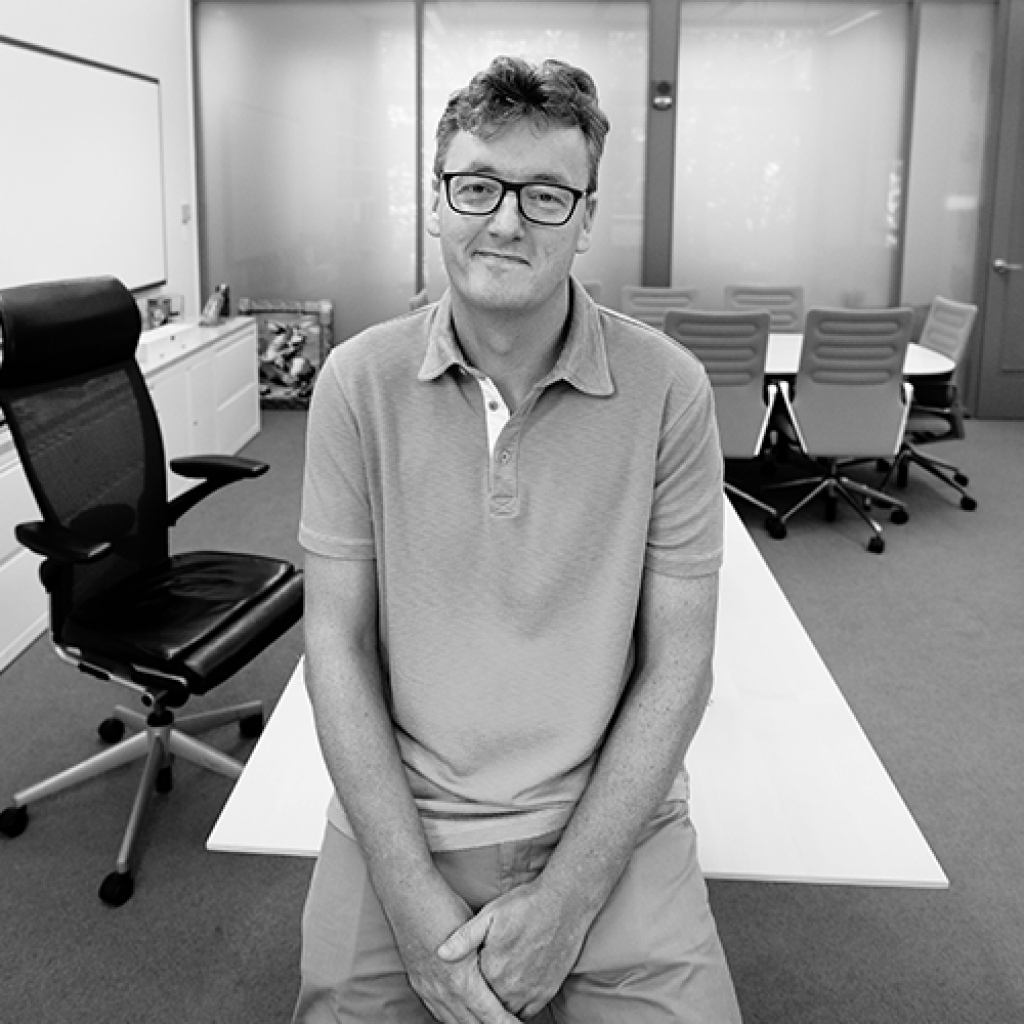
2/28/22 at 4:00 PM in Chemistry A101
Williams Distinguished Lectureship
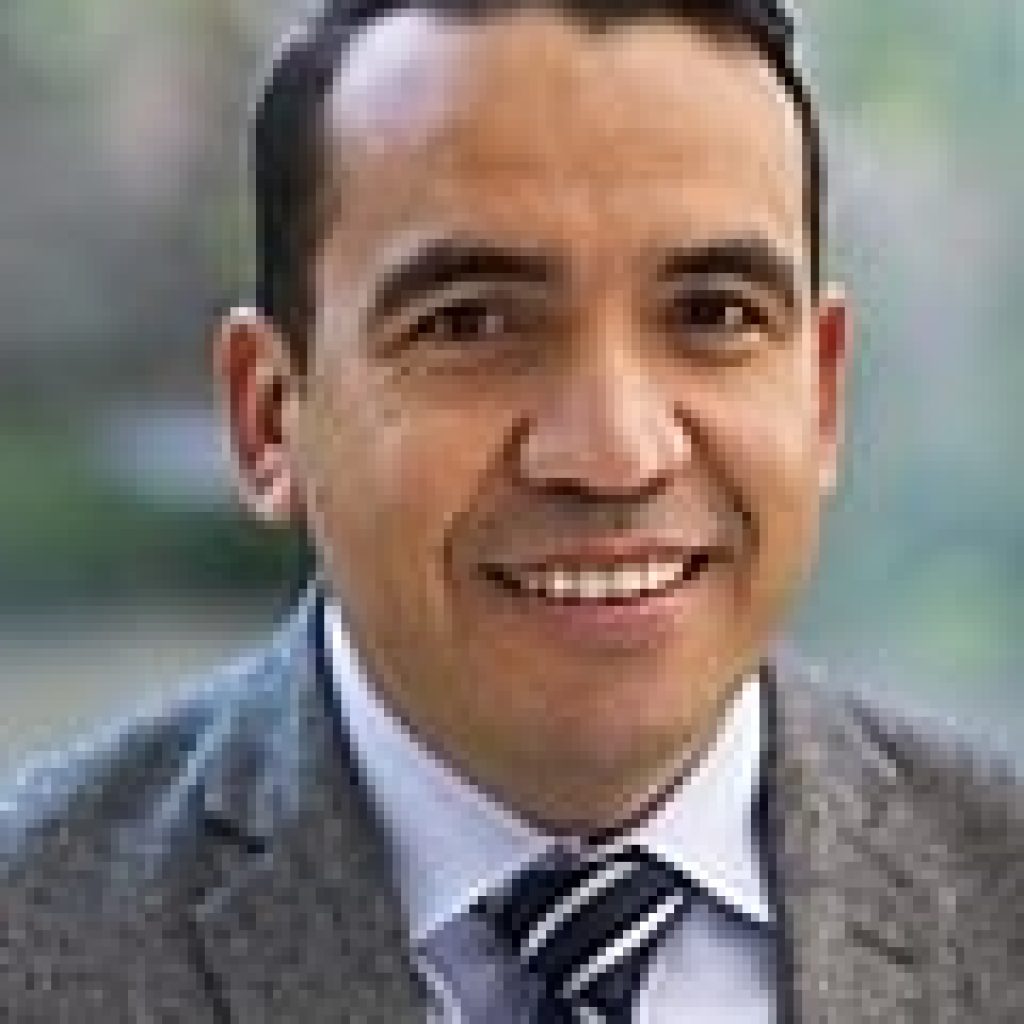
2/7/22 at 4:00 PM in Chemistry A101
About the Seminar: Despite advances in high-throughput screening methods leading to a surge in the discovery of catalytic reactions, our knowledge of the molecular-level interactions in the rate- and selectivity-determining steps of catalytic reactions, especially those involving highly unstable and reactive open-shell intermediates, is rudimentary. These knowledge gaps prevent control, suppression or enhancement, of competing […]
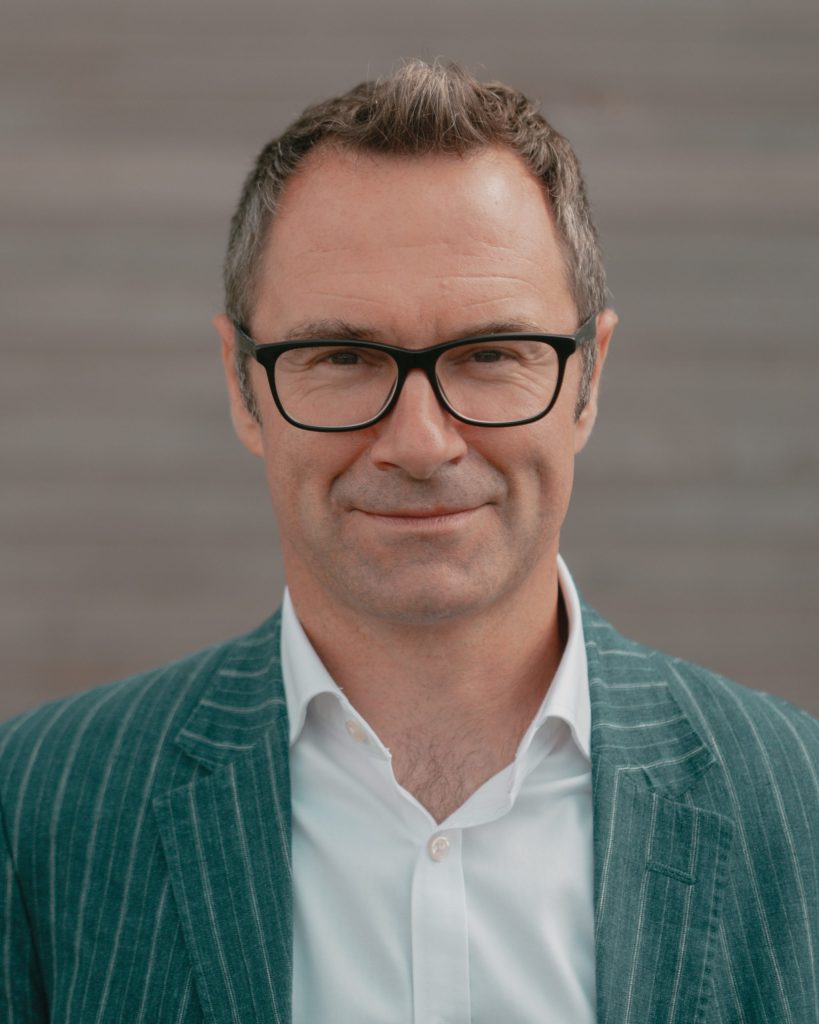
2/4/22 at 4:00 PM in Chemistry A101
About the Seminar: Amines are fundamental chemical motifs commonly found in molecules of importance to chemistry, biology and medicine. Their Lewis basic properties arising from the lone pair of electrons makes them ideal as ligands for transition metal catalysts and organometallic complexes. In nature they are often found contained within alkaloid secondary metabolites produced by […]

12/1/21 at 10:30 AM in Virtual
Independent Research Proposal: The potato is one of the most prominent food crops in the world and is often regarded as the most accessible and affordable nongrain crop that has many health benefits. Each year, the world produces around 368 million metric tons of potatoes. That production is often threatened by diseases, causing a 10% […]
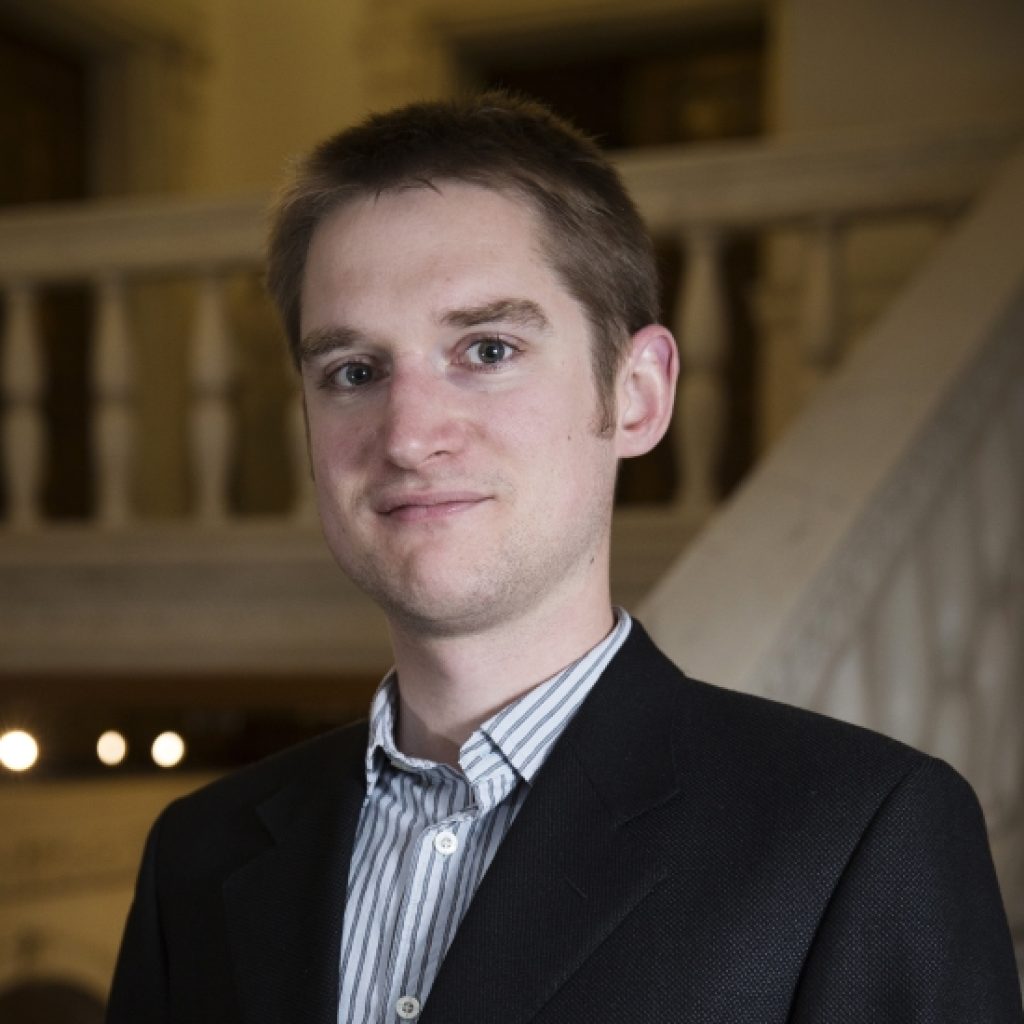
11/18/21 at 4:00 PM in Chemistry A101
About the Seminar: Non-covalent interactions play a crucial in all manner of chemical and biological processes. In recent times, the incorporation of non-covalent interactions into the design of small molecule catalysts has revolutionised the field of enantioselective catalysis. Our research is centred around applying catalyst designs incorporating non-covalent interactions to tackle selectivity challenges in synthetic […]
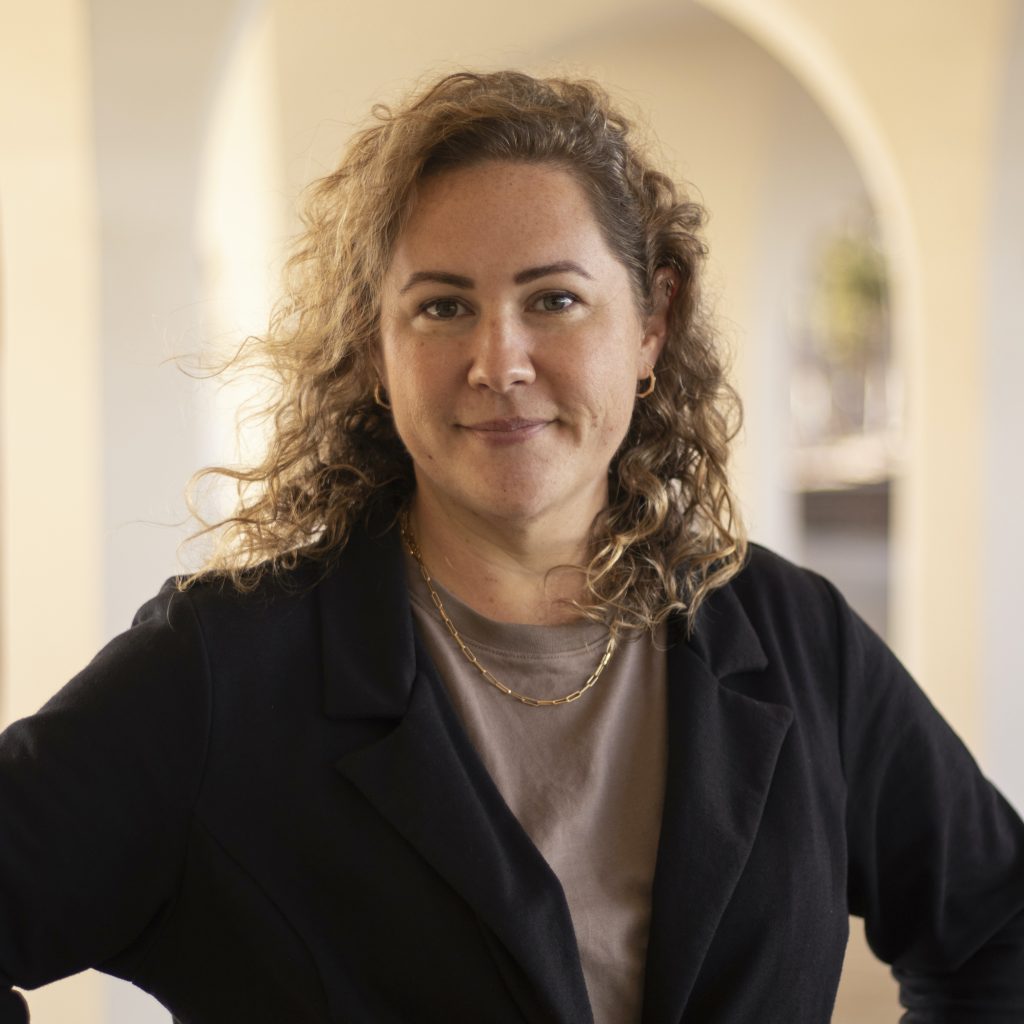
11/8/21 at 4:00 PM in Chemistry A101
About the Seminar: The selective generation and controlled reactivity of organic radicals continues to serve as inspiration for reaction development in chemical synthesis. These processes can provide access to unique reactivity platforms via distinct mechanisms providing new bond forming pathways and insights. This talk will describe recent advances in radical-mediated reaction development using P(IV)-intermediate and metal-ligand co-operativity approaches to functionalize olefin feedstocks. Efforts in methods development will be presented […]
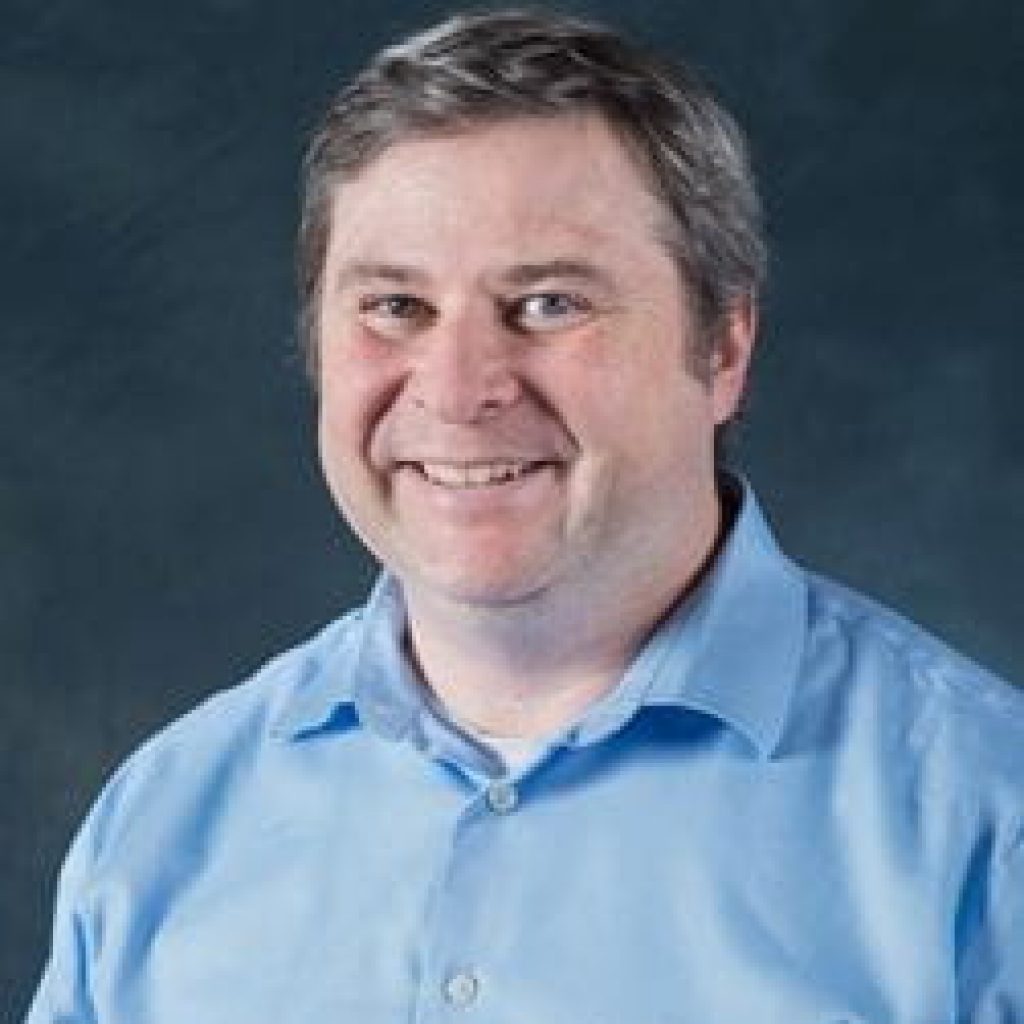
10/4/21 at 4:00 pm in Chemistry A101
Opportunities in base-metal catalysis are highlighted in this lecture through the development of iron-based complexes that were originally designed as catalysts for ring-opening polymerization reactions, but were subsequently adapted to become useful catalysts for Suzuki-Miyaura cross coupling reactions. The lecture will outline how redox-switchable ring-opening polymerization catalysts were developed and leveraged for the synthesis of […]

9/13/21 at 4:00 pm in Chemistry, A101
Independent Research Proposal: Most modern catalysts utilize stationary nodes where catalyst- substrate interactions are intended. We are proposing a new class of organocatalysts that contain pendular nodes, where rapid isomerization or electron transport can give a single catalyst a set of moving nodes which allow one point on the molecule to rapidly switch from basic/nucleophilic […]

8/27/21 at 4:00 PM in
Independent Research Proposal Saturated aza-heterocycles are of great importance due to their abundance in bioactive molecules, natural products, and pharmaceuticals. The size of these rings can drastically alter their shape and binding properties. Ring expansion is a desirable strategy for medicinal chemists as it allows for conversion to analogues of varying ring sizes without the […]

6/14/21 at 4:00 PM in Virtual Seminar
Independent Proposal Join Zoom Meeting Meeting ID: 983 1775 0921 Passcode: 1872
6/7/21 at 4:30 PM in Virtual Seminar
Independent Research Proposal Abstract This proposal contains a synthesis to make a class of anti-cancer compounds for a potential immunotherapy treatment. We propose a new form of antibody drug conjugate that uses polyoxometalates (POMs) as a drug payload to increase the efficacy of oncolytic viruses for cancer treatment. Oxovanadates have a synergistic effect with oncolytic […]
6/7/21 at 4:00 PM in Virtual Seminar
Independent Research Proposal Zoom Link Passcode 1872
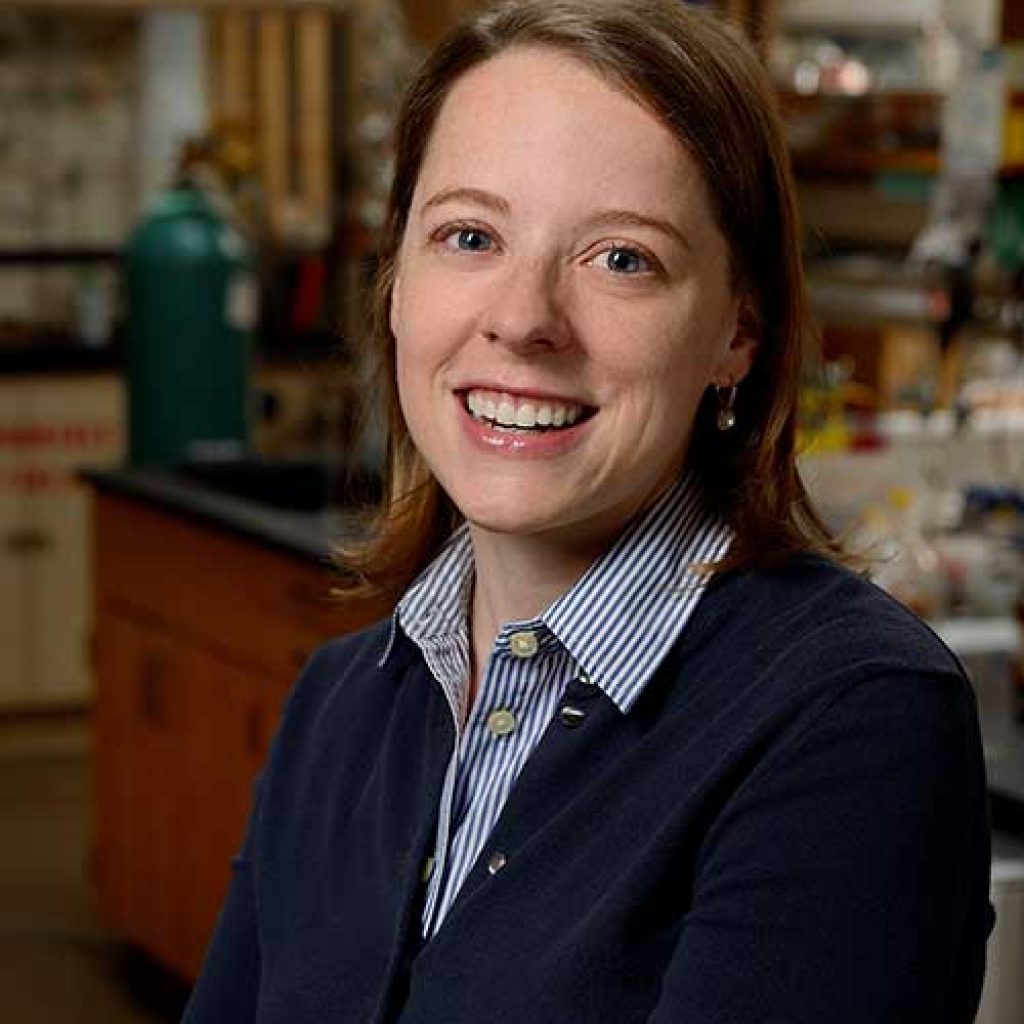
5/3/21 at 12:00PM in Virtual Seminar
About the Seminar: In the Silicon Age, the experience of daily life includes tools made from this ubiquitous semiconductor: computers, solar cells, and many more. Yet silicon synthesis relies on top-down, high-temperature approaches that yield only the most thermodynamically stable forms of silicon. Uncovering new structure-function space demands a different synthetic vision. This talk will […]
4/26/21 at 2:00 PM in Virtual Seminar
Independent Proposal Presentation Polypeptide synthesis by ring-opening polymerization of N-carboxy anhydrides requires stringent purity and air-free conditions, which undermines the potential of these materials. Recent methodology allows unpurified NCA polymerization to proceed rapidly, controllably, and in-air by using amphiphilic macroinitiators under emulsion conditions. This proposal is centered around developing a continuous emulsion-flow process and designing […]

10/5/20 at 4:00 PM in Virtual Seminar

9/10/20 at 9:00 AM in Virtual Research Proposal Presentation
Pancreatic cancer is the fourth leading cause of cancer deaths in men and women. In general, pancreatic tumors are hypovascular and nutrient-deprived when compared to normal tissue or other cancer lines. As such, new cancer therapeutics are being investigated that utilize the “anti-austerity” strategy. An anti-austerity agents removes the ability of cancer cells to survive […]

6/30/20 at 10:00 am in Virtual Seminar
Independent Proposal Seminar Microsoft Teams Link About the Seminar: Metal carbenoids are versatile intermediates, facilitating C-C and C-heteroatom bond formation in a variety of examples. The most common approach to generate a carbenoid is by metal-induced decomposition of diazo compounds. While diazo compounds serve as the precursor in many useful carbenoid-mediated transformations, their thermal instability […]
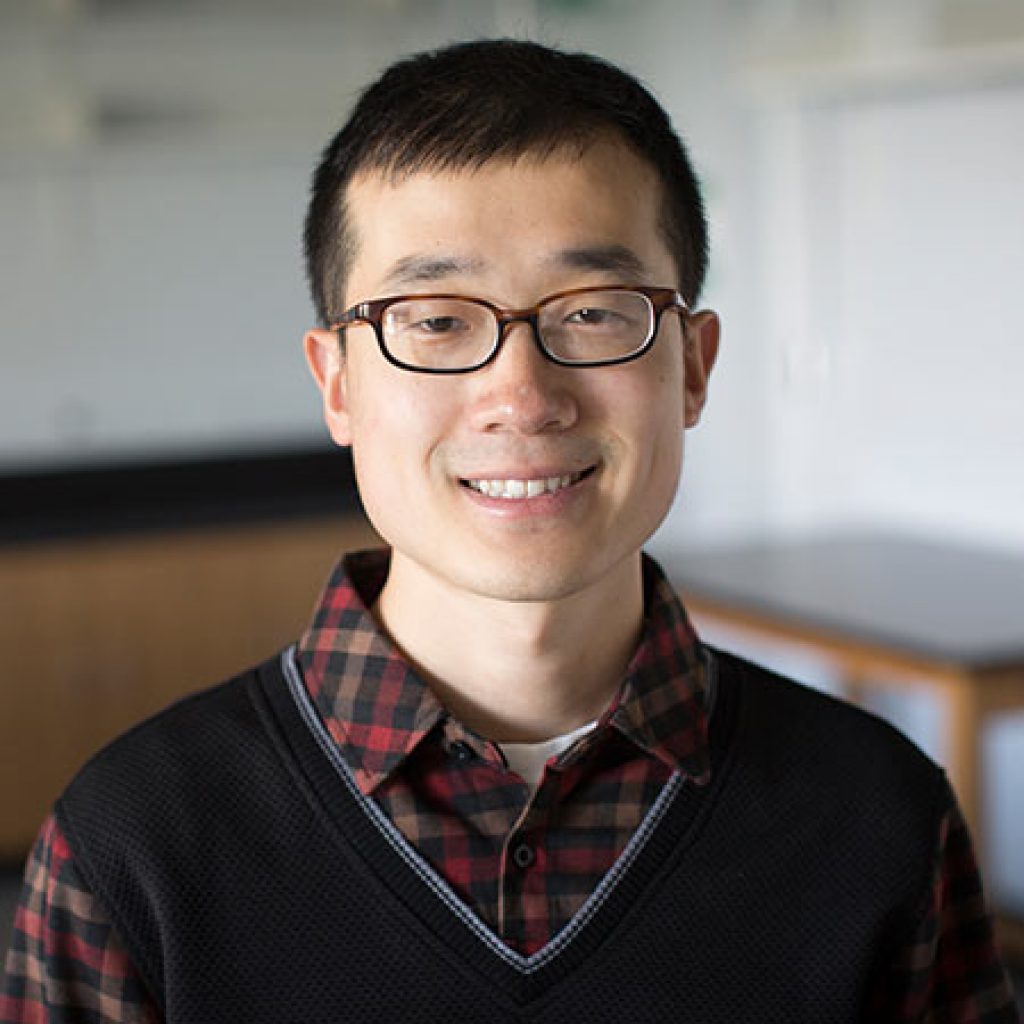
3/9/20 at 4:00 pm in Chemistry A101
About the Seminar Oxidation and reduction reactions are among the most important and frequently executed processes in organic synthesis. However, our ability to manipulate the oxidation states of functional groups in complex settings with high efficiency, precision, and minimal waste remains in a largely nascent stage. Owing to its many distinct characteristics, electrochemistry represents an […]
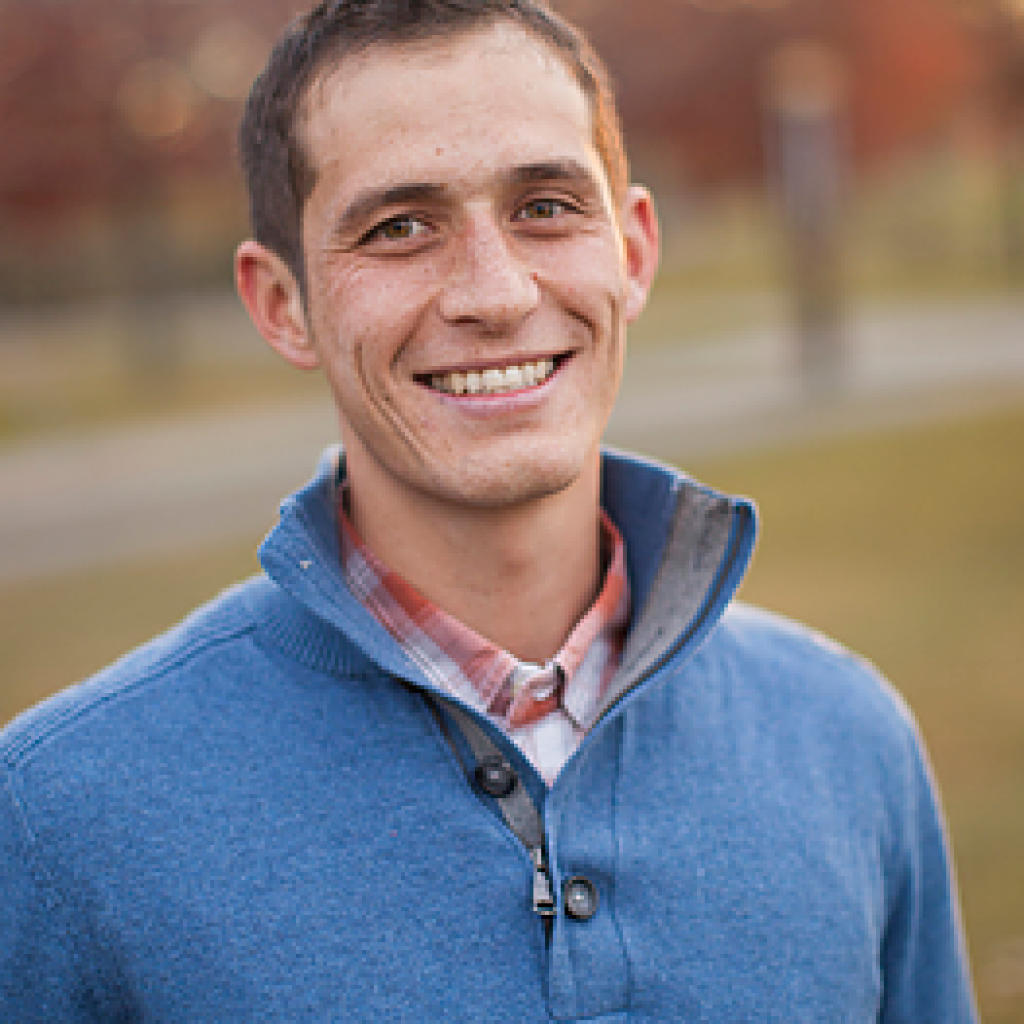
2/17/20 at 4:00 PM in Chemistry A101
About the Seminar Over the past few years, our group has utilized photoredox catalysis to access highly-reactive radical intermediates. Our broader aims are centered on utilizing these intermediates to deliver structural motifs that are commonly found in drugs and agrochemicals. This lecture will include recent findings that have enabled us to overcome inherent difficulties in […]
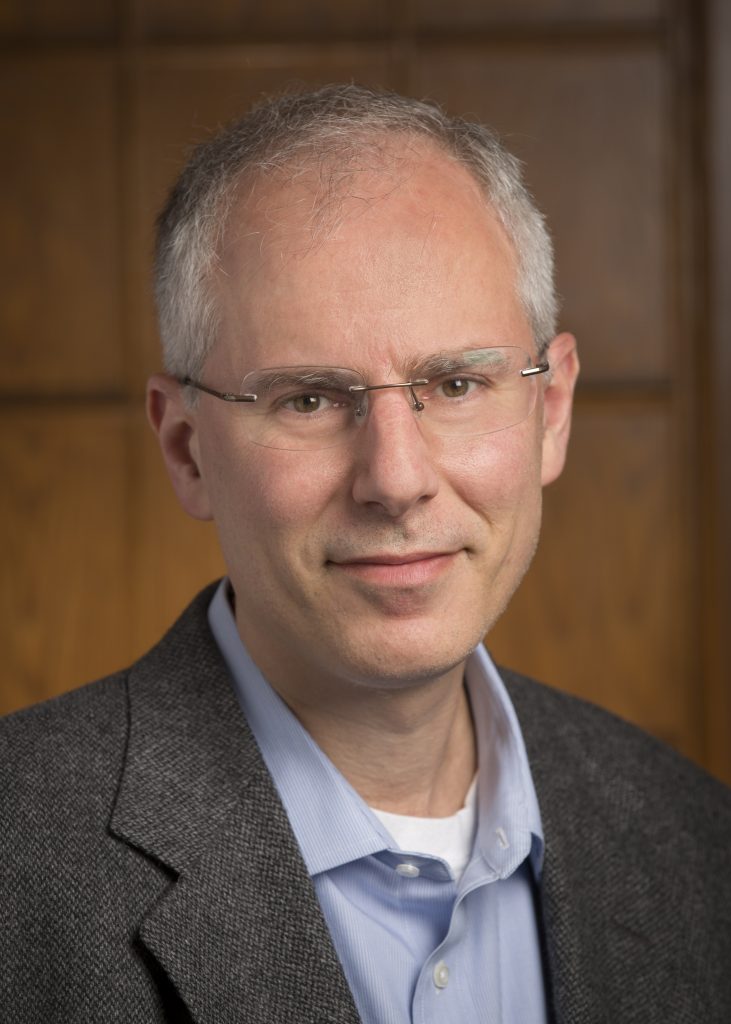
1/27/20 at 4:00 PM in Chemistry A101
About the Seminar: This lecture will describe recent developments in our efforts to develop catalysts for asymmetric reactions, in particular for the preparation of densely functionalized, stereochemically complex structures. Over time, our foci have been on enantioselectivity, site-selectivity and chemoselectivity. In much of our current work, we are studying issues of enantioselectivity as a prelude to […]

12/3/20 at 10:00 am in Virtual Seminar
Independent Research Proposal TEAMS LINK
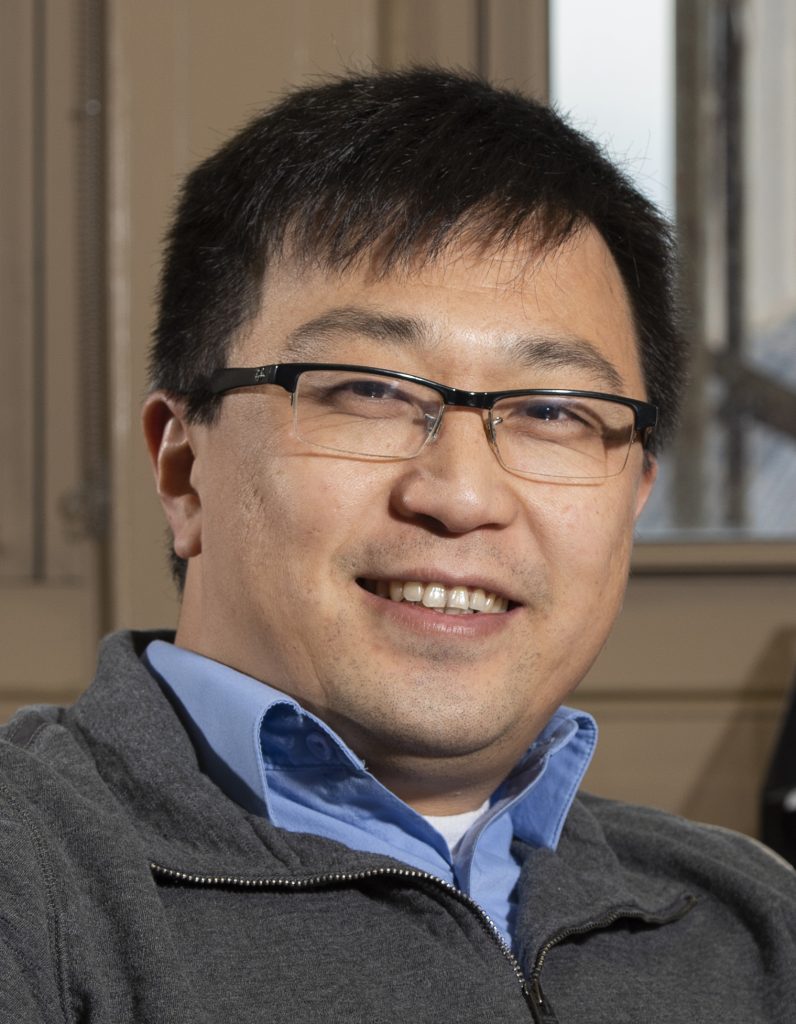
11/18/19 at 4:00 PM in Chemistry A101
About the Seminar Due to limited mechanistic insights and the complexity of catalyst-substrate interactions, catalyst design and optimization in transition metal catalysis are often based on chemical intuition and experimental trial-and-error. I will discuss our recent efforts to utilize a streamlined computational approach to understand and predict the reactivity and selectivity of various transition metal […]
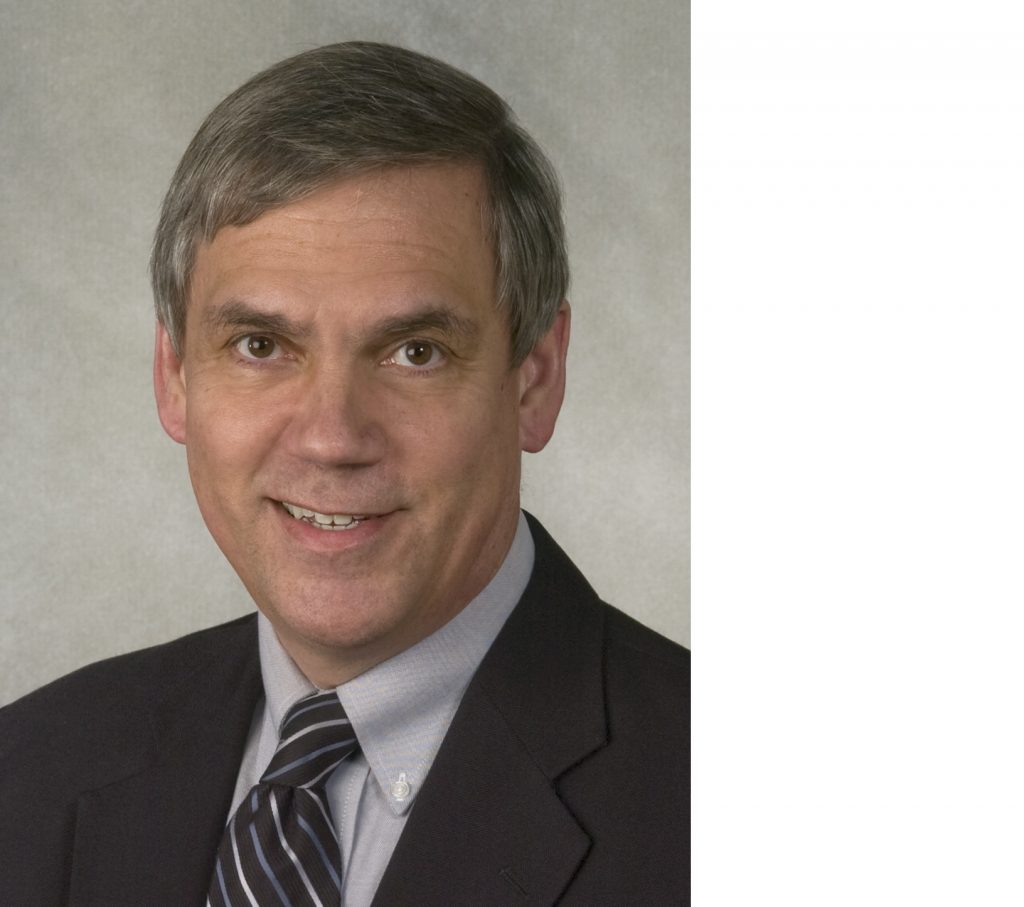
11/11/19 at 4:00 PM in Chemistry A101
About the Seminar The linear intermediates in mammalian isoprenoid biosynthesis once were viewed as serving only as precursors to cholesterol and other steroids, but it is now well-established that they have much more complex functions. The longer-chain compounds farnesyl diphosphate and geranylgeranyl diphosphate commonly are employed in protein prenylation, converting proteins to lipoproteins, which is […]
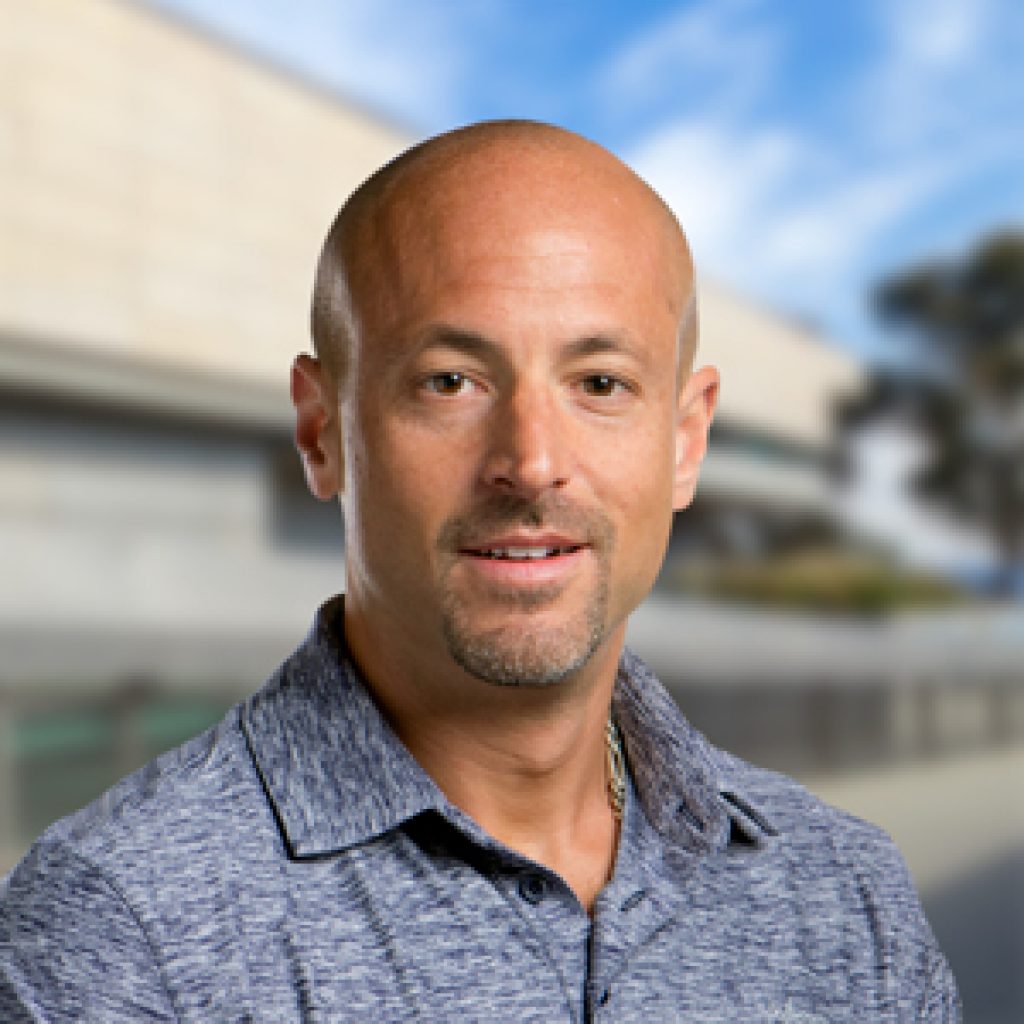
10/21/19 at 4:00 pm in Chemistry A101
RMW Scientific Consulting Distinguished Lectureship in Organic Chemistry

10/14/19 at 4:00 PM in Chemistry A101
About the Seminar: Amine functional groups are both ubiquitous and important throughout many industries. Amines are a common motif in pharmaceuticals, as amino acid building blocks, mimicking amine-based neurotransmitters, or to improve solubility of drug formulations. One of the most common ways to add amines to molecules is via nitration and subsequent reduction. However, there […]
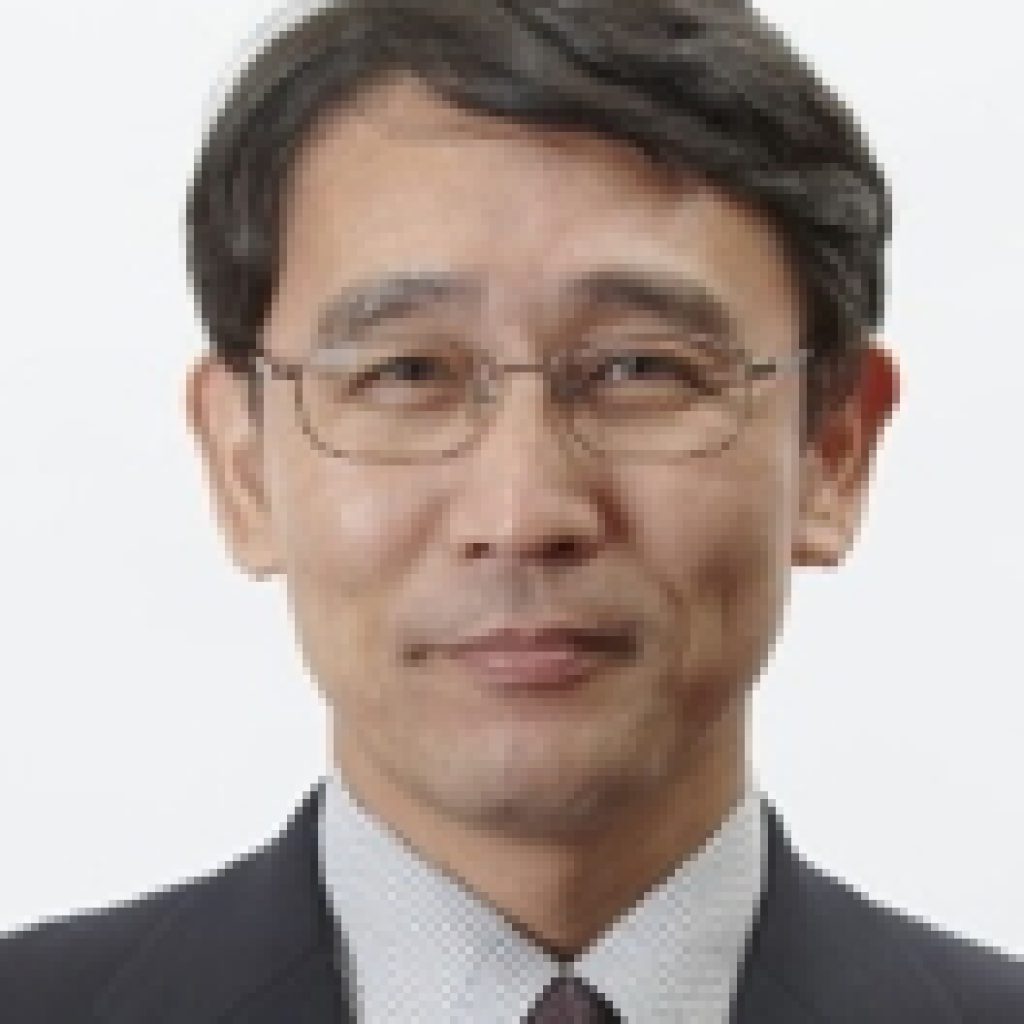
9/20/19 at 4:00 pm in Chemistry A101
About the Seminar: Ionic liquids (ILs) have attracted growing interest among the various fields of science and technology because of their characteristics, such as less-volatility, less-flammability, high ion conductivity, and unique solubility towards many organic and inorganic compounds [1]. We have been investigating the possibility of ILs for both the materials sciences and organic syntheses […]
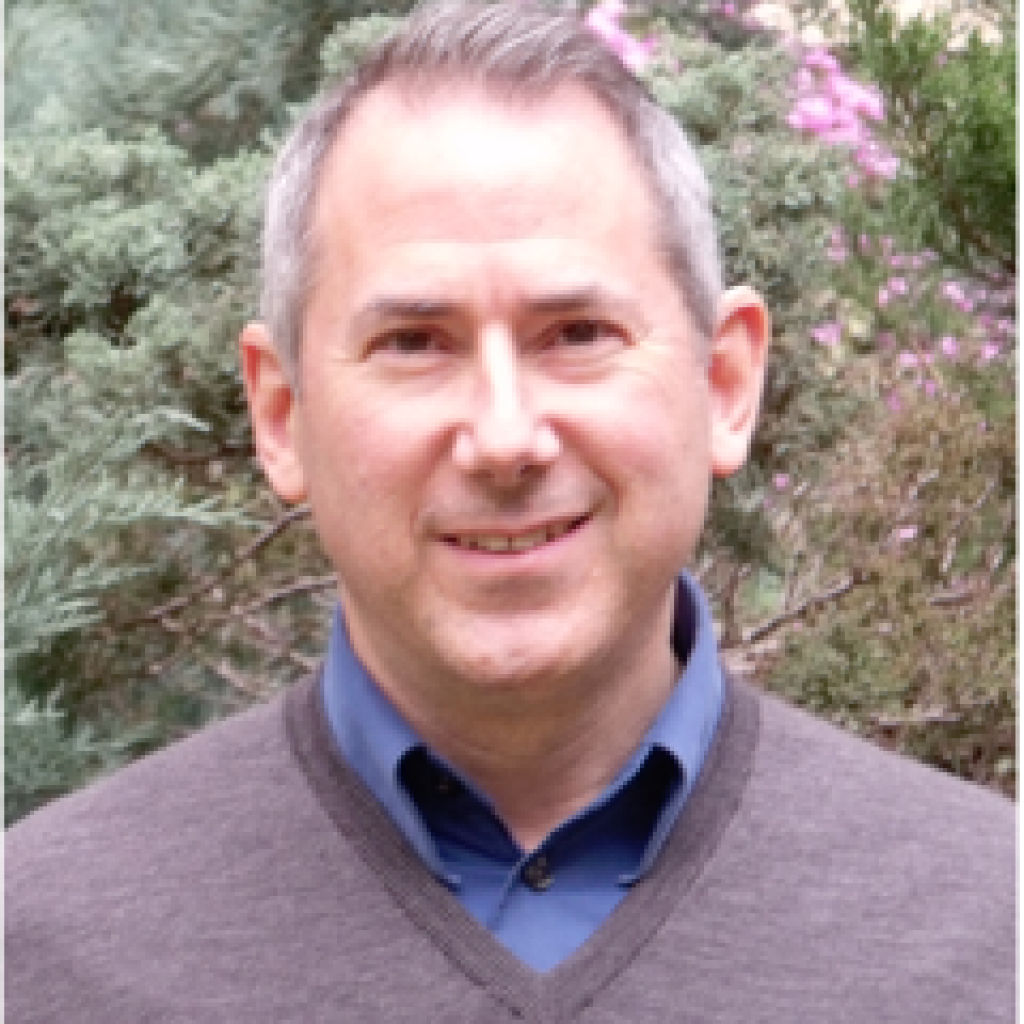
8/26/19 at 4:00 PM in Chemistry A101
About the Seminar: In recent years, we have used porous icosahedral-symmetry metal-oxide capsules, of the type,[{MoVI6O21(H2O)6}12{MoV2O4(L)}30]42– {Mo132} (L = an endohedrally-coordinated carboxylate anion), to investigate organic reactions within nano-confined domains in water. Using the capsule as a soluble analogue of porous solid-state (rigid) oxides, we initially showed that branched-alkane carboxylate “guests” could enter the capsule’s […]
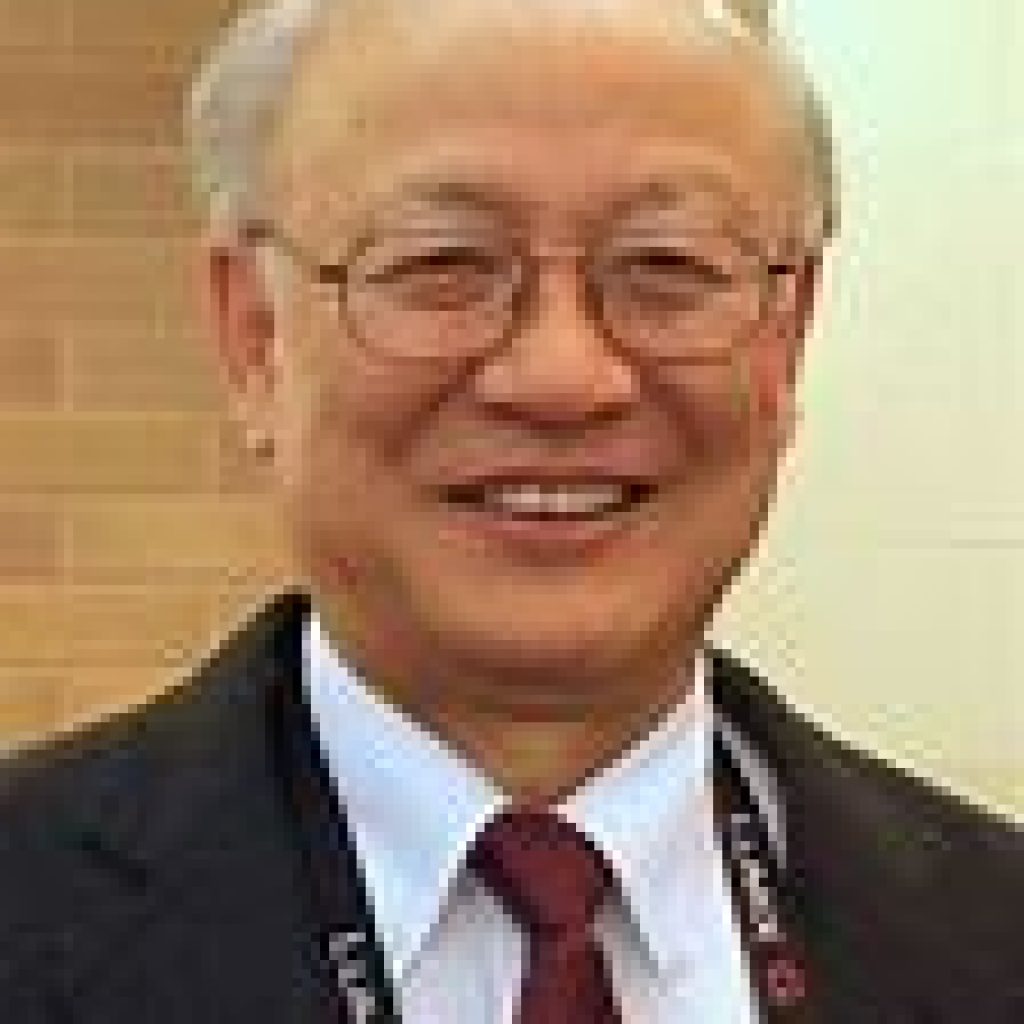
6/14/19 at 9:00 am in Chemistry Research 401
Summer International Scholars Seminar Series: Part 6 Professor Fukuyama is one of the most internationally renowned scholars in the field of organic synthesis, complex natural products synthesis and synthetic methodology. He has tackled some of the most dauntingly challenging and complex heterocyclic natural products. His list of achievements puts Fukuyama in a class by himself. […]

6/13/19 at 12:00 PM in Chemistry Research 401
Summer International Scholars Seminar Series: Part 5 Professor Fukuyama is one of the most internationally renowned scholars in the field of organic synthesis, complex natural products synthesis and synthetic methodology. He has tackled some of the most dauntingly challenging and complex heterocyclic natural products. His list of achievements puts Fukuyama in a class by himself. […]

6/12/19 at 9:00 am in Chemistry Research 401
Summer International Scholars Seminar Series: Part 4 Professor Fukuyama is one of the most internationally renowned scholars in the field of organic synthesis, complex natural products synthesis and synthetic methodology. He has tackled some of the most dauntingly challenging and complex heterocyclic natural products. His list of achievements puts Fukuyama in a class by himself. […]

6/11/19 at 12:00 PM in Chemistry Research 401
Summer International Scholars Seminar Series: Part 3 Professor Fukuyama is one of the most internationally renowned scholars in the field of organic synthesis, complex natural products synthesis and synthetic methodology. He has tackled some of the most dauntingly challenging and complex heterocyclic natural products. His list of achievements puts Fukuyama in a class by himself. […]

6/10/19 at 12:00 PM in Chemistry Research 401
Summer International Scholars Seminar Series: Part 2 Professor Fukuyama is one of the most internationally renowned scholars in the field of organic synthesis, complex natural products synthesis and synthetic methodology. He has tackled some of the most dauntingly challenging and complex heterocyclic natural products. His list of achievements puts Fukuyama in a class by himself. […]

6/5/19 at 9:00 am in Chemistry Research 401
Summer International Scholars Seminar Series: Part 1 Professor Fukuyama is one of the most internationally renowned scholars in the field of organic synthesis, complex natural products synthesis and synthetic methodology. He has tackled some of the most dauntingly challenging and complex heterocyclic natural products. His list of achievements puts Fukuyama in a class by himself. […]
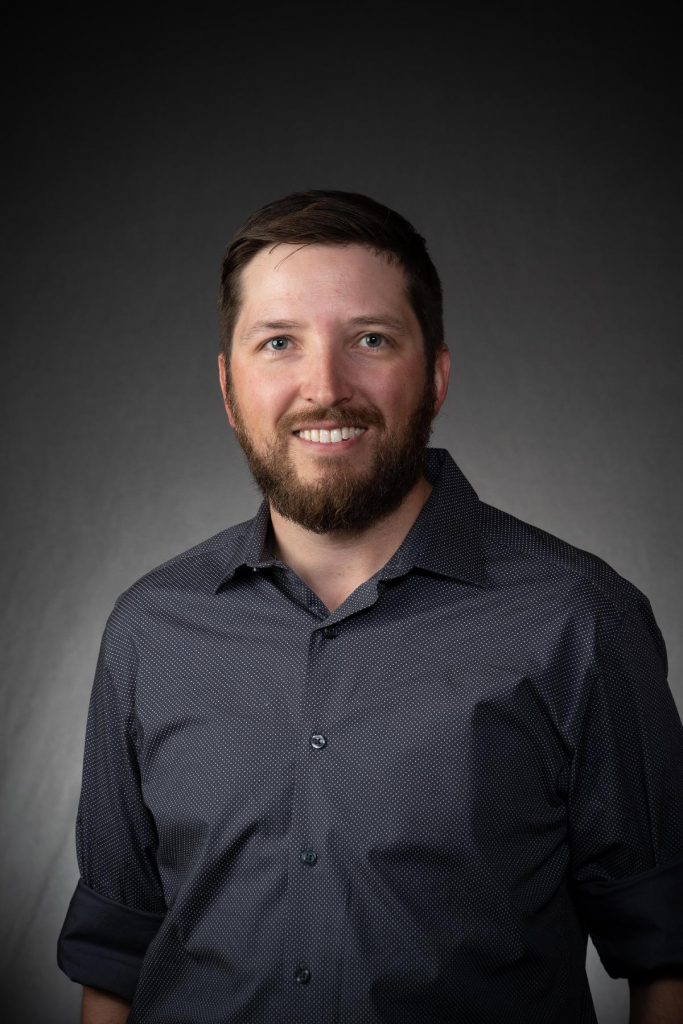
5/6/19 at 4:00 PM in Chemistry A101
About the Seminar Ethylene is an important plant hormone that is involved in a variety of developmental processes including agriculturally important ripening of certain fruits. Owing to its significant roles, a number of approaches have previously been developed to detect ethylene via molecular interactions. However, there are no current approaches for detection that are selective […]
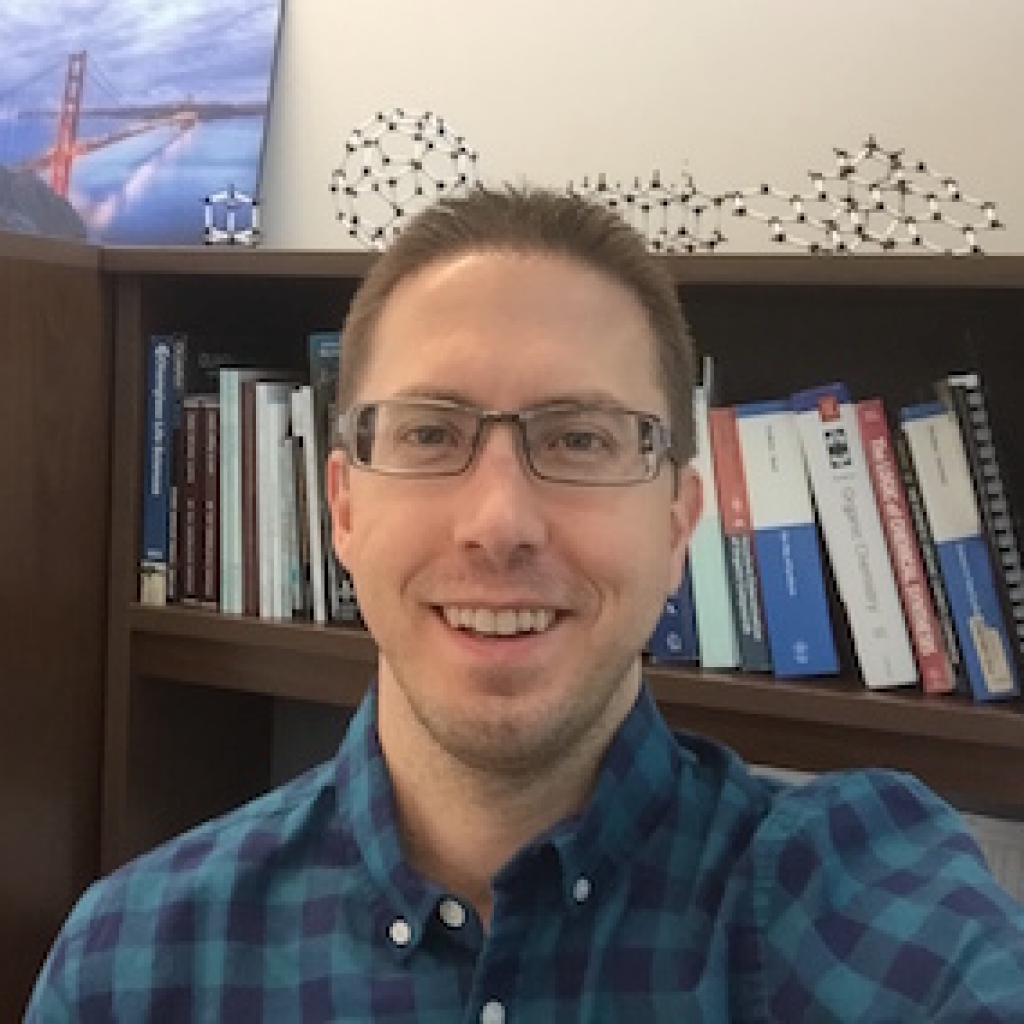
4/22/19 at 4:00 pm in Chemistry A101
About the Seminar Alcohols are one of the most prevalent classes of organic molecules in natural products, while C–H bonds are ubiquitous in diverse compounds from complex medicines to simple hydrocarbons. We are investigating the use of cobalt complexes as light-driven catalysts for the activation of alcohols without prefunctionalization. Applications to deoxygenation as well as […]

4/15/19 at 4:00 PM in Chemistry A101
Research Seminar Abstract Compounds containing bonds with combinations of boron, silicon, and tin are attractive main group element transfer reagents. These bonds are activated via a nucleophilic attack that facilitates the release of one of the bonded main group moieties with enhanced nucleophilicity towards unactivated electrophiles. We wondered if this interesting reactivity platform could be […]

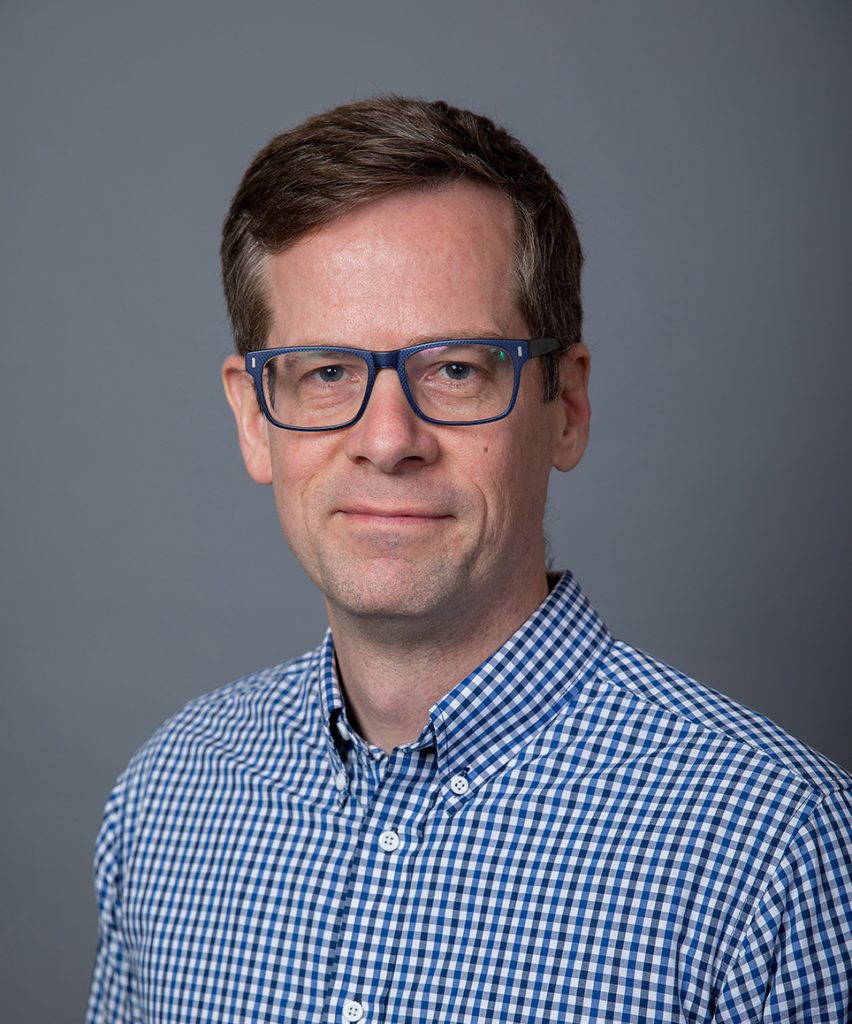
2/25/19 at 4:00 PM in Chemistry A101
About the Seminar Our group is interested in exploring the use of unique structures in catalysis. A particular focus has been the design of catalyst platforms using aromatic ions such as cyclopropenium cation and cyclopentadienyl anion. With this program, we are seeking to develop broadly applicable paradigms for substrate activation that capitalize on the unique […]
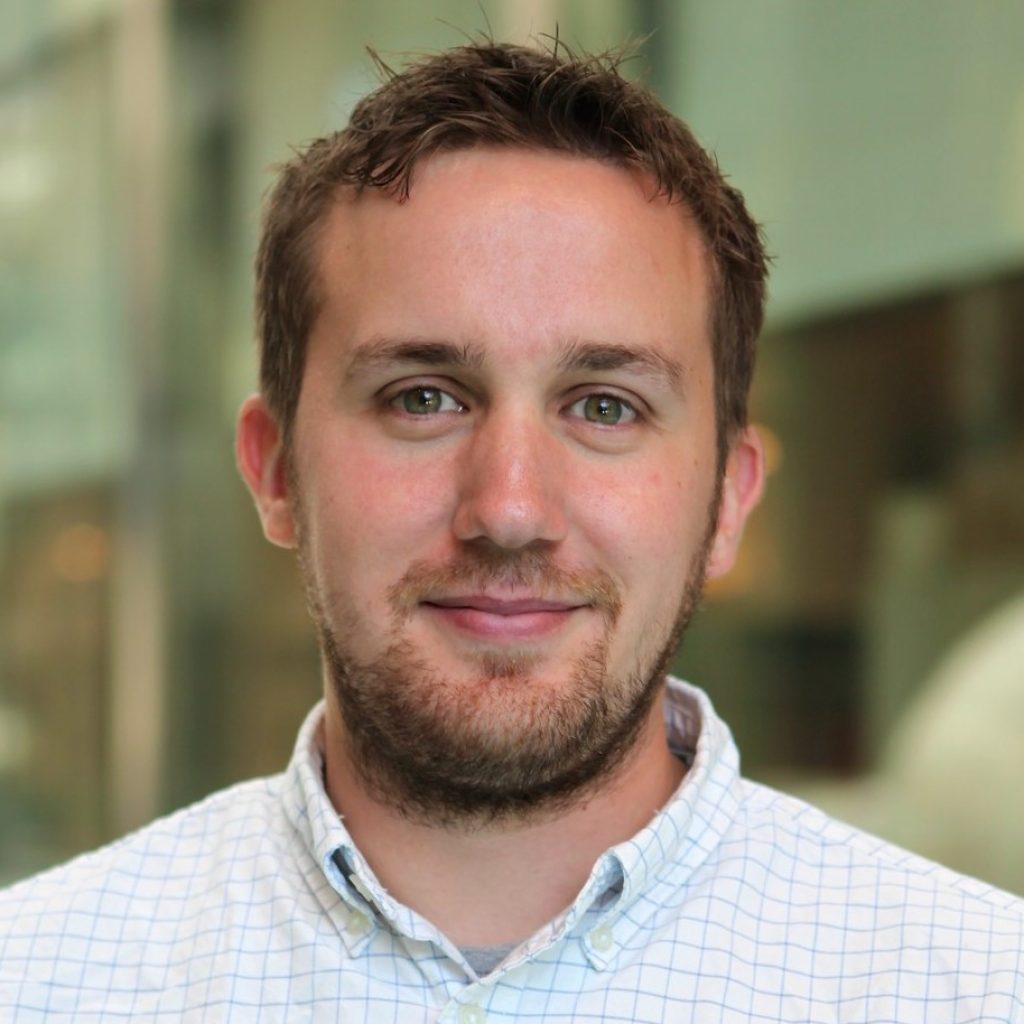
2/11/19 at 4:00 PM in Chemistry A101
About the Seminar: Enzymes are optimal catalysts for chemical synthesis because they can be evolved to provide unparalleled levels of selectivity. They are, however, limited to reactivity patterns found in nature. In this talk, I will share our groups approach to address this limitation using radicals and light. About the Speaker: Professor Hyster is a […]
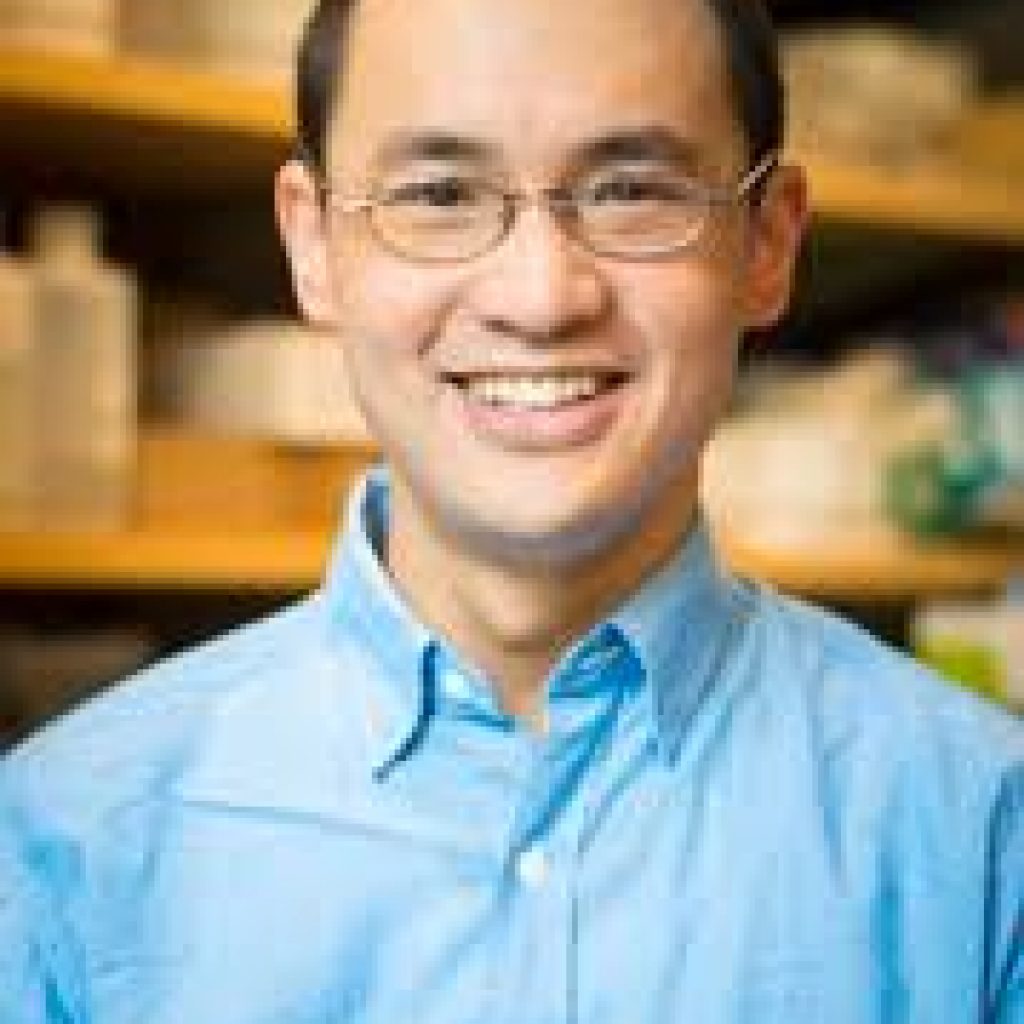
2/4/19 at 4:00 PM in Chemistry A101
About the Seminar In the first part, I will discuss the influence of molecular motions on NMR chemical shifts. When quasiclassical dynamics are used to take motions into account, very accurate chemical shift predictions can be made without using empirical corrections. This method can also give insight into unusual structures such as [18]-annulene, which is […]
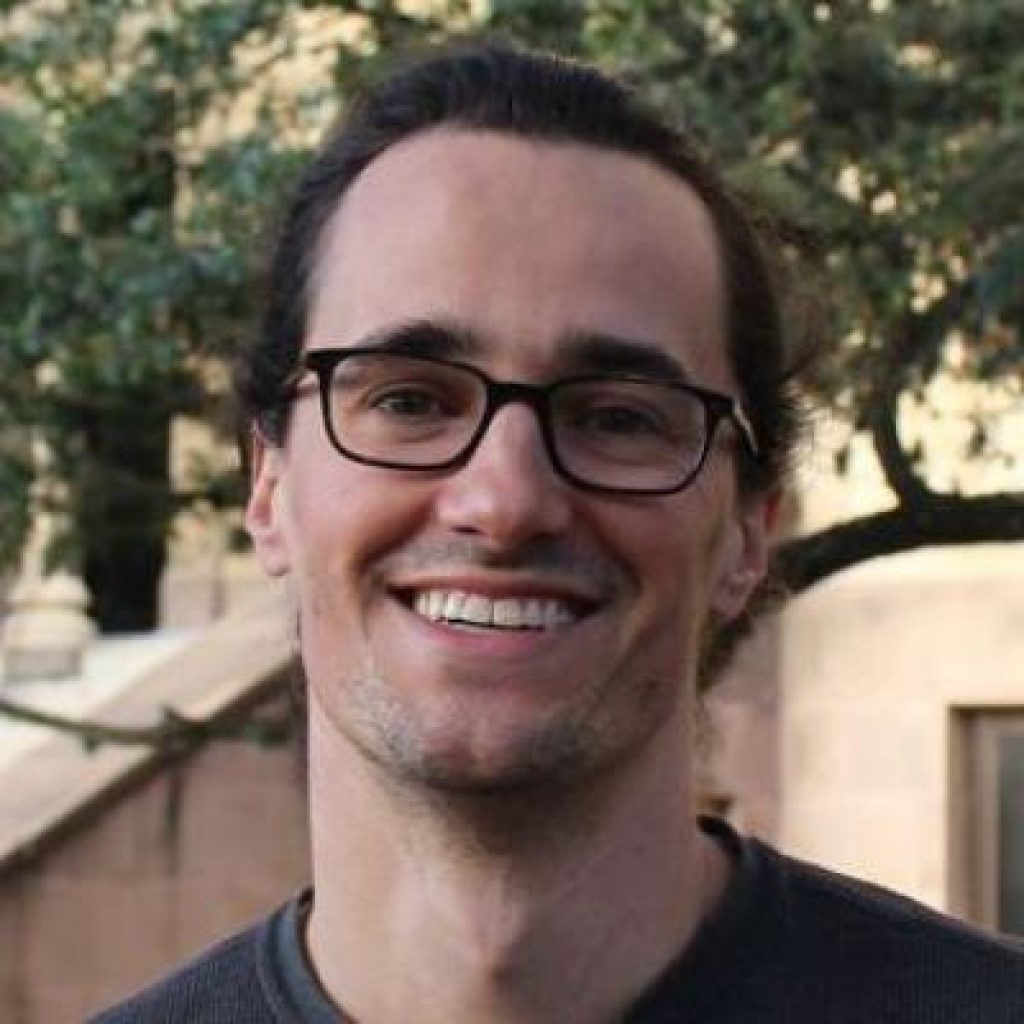
11/2/18 at 12:00 PM in Chemistry A101
About the Seminar: Stacking interactions are ubiquitous in chemical and biological systems, impacting everything from the packing of organic electronic materials and the stereoselectivity of organic reactions to the binding of drugs. While attractive interactions between aromatic rings (so called ‘pi-stacking’ or ‘pi-pi’ interactions) have been known for decades, only recently have we begun to […]
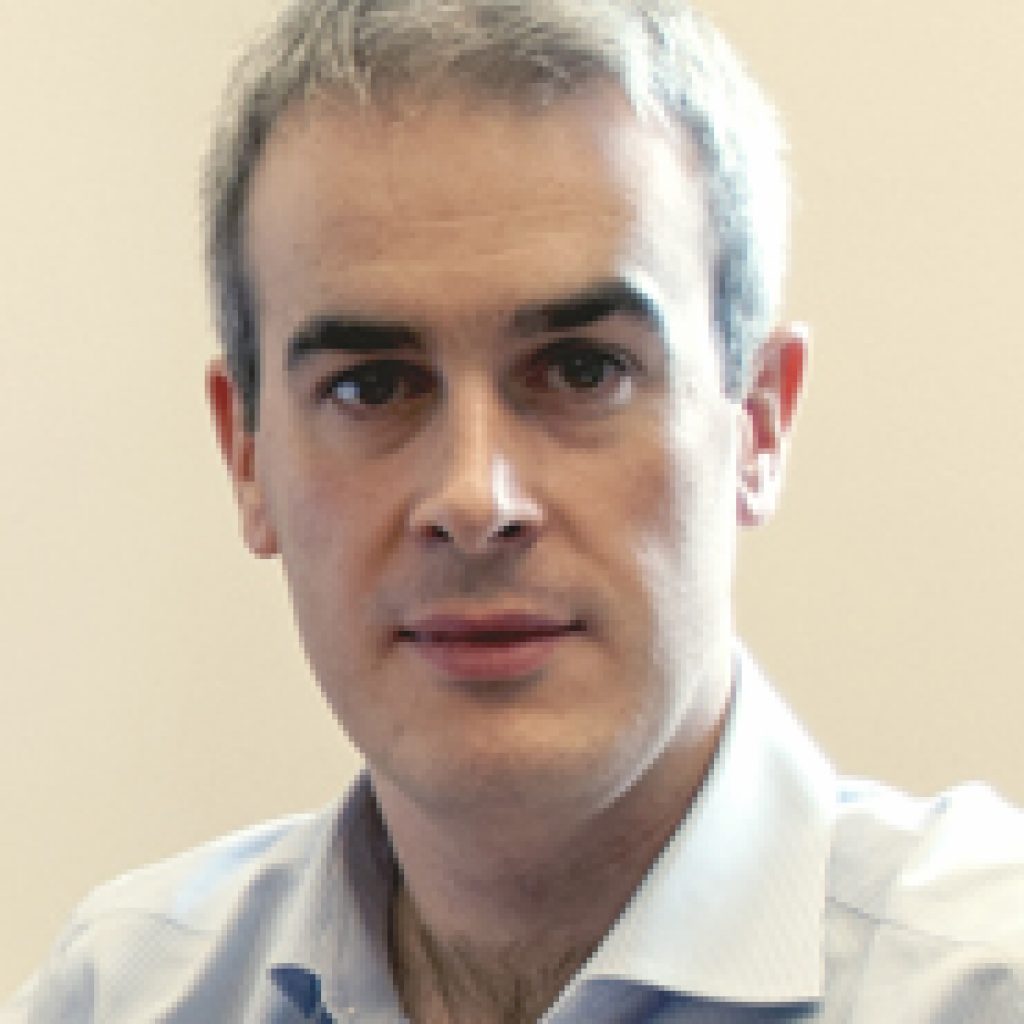
10/22/18 at 4:00 PM in Chemistry A101
Our laboratory has embraced cooperative catalysis as a general framework for the design of new enantioselective reactions. Within this regime we have exploited cooperative Lewis base/transition metal catalysis as an effective means to control and direct both reaction partners during bond construction. The versatility of this approach is such that each catalyst acts in an […]

10/1/18 at 4:00 pm in Chemistry A101
In this talk, I will present a selection of new synthetic strategies for assembling poly- and heteroaromatic systems. In the 1st part, I will discuss the advantages of alkynes as high-energy carbon-rich precursors for extended polyaromatics, the two general patterns of oligoalkyne folding into an aromatic ribbon, and the use of supramolecular effects in the […]
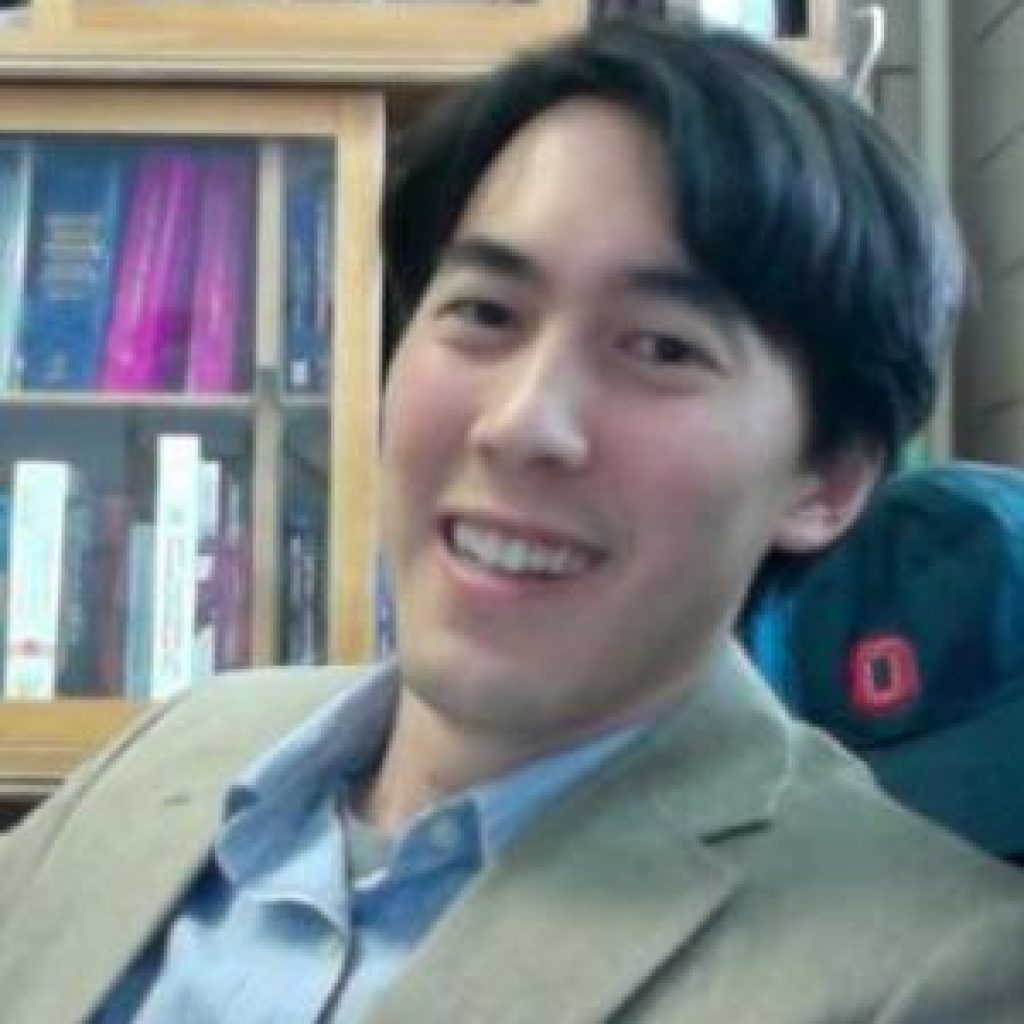
8/20/18 at 4:00 pm in Chemistry A101
We and others have demonstrated the use of triaminotriazine (melamine) as a synthetic base-triple motif in a family of molecules we call bifacial peptide nucleic acid (bPNA). Bifacial PNA engages two oligo T/U strands simultaneously to form a unique triple stranded structure. bPNAs can serve as allosteric triggers of aptamer protein-binding, ribozyme catalysis, aptamer small-molecule […]
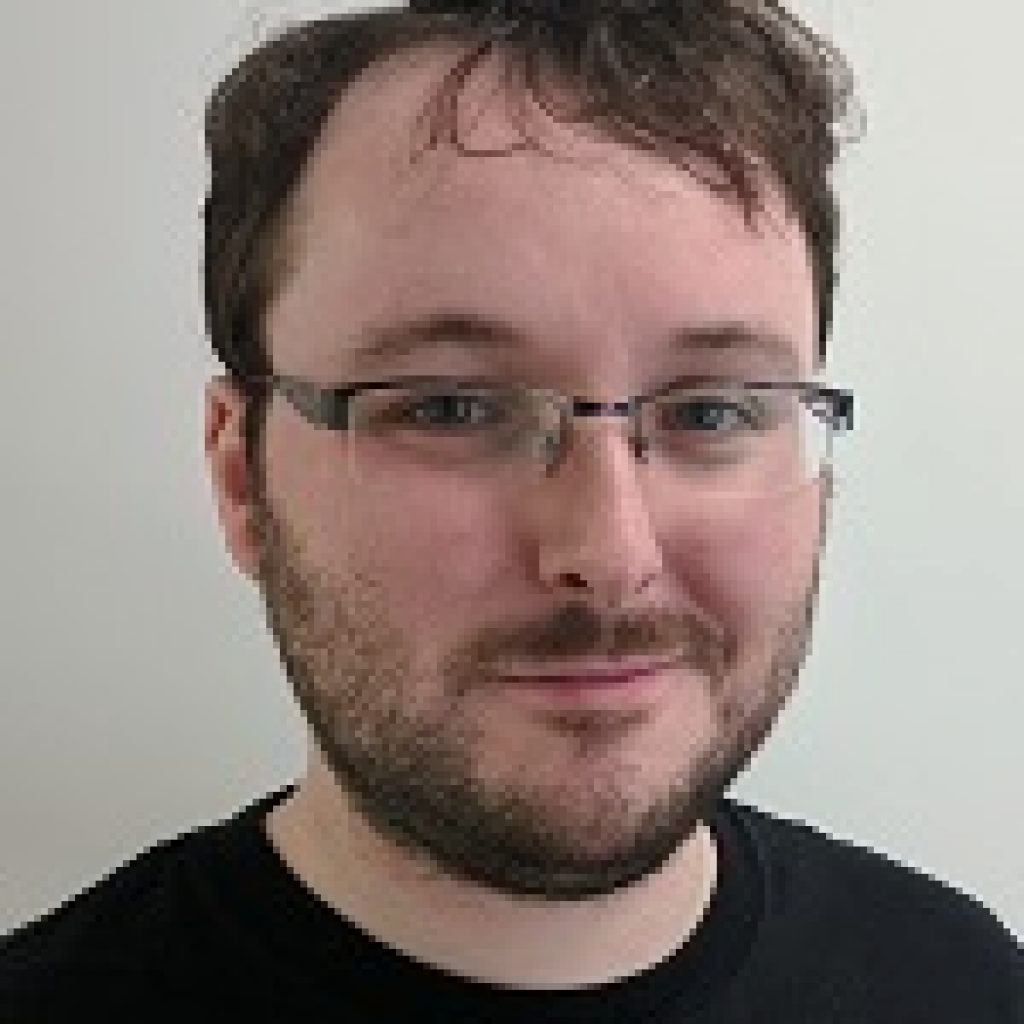
6/22/18 at 4:00 PM in ChemistryA101
The Nature Research portfolio includes the flagship Nature title, the physical and life sciences research journals, such as Nature Chemistry, and the open-access titles including the newly launched Communications Chemistry. During the first part of the talk Andrew will discuss the different aims and scopes of the various Nature titles as well as the relationship […]

6/11/18 at 4:00 PM in Chemistry A101
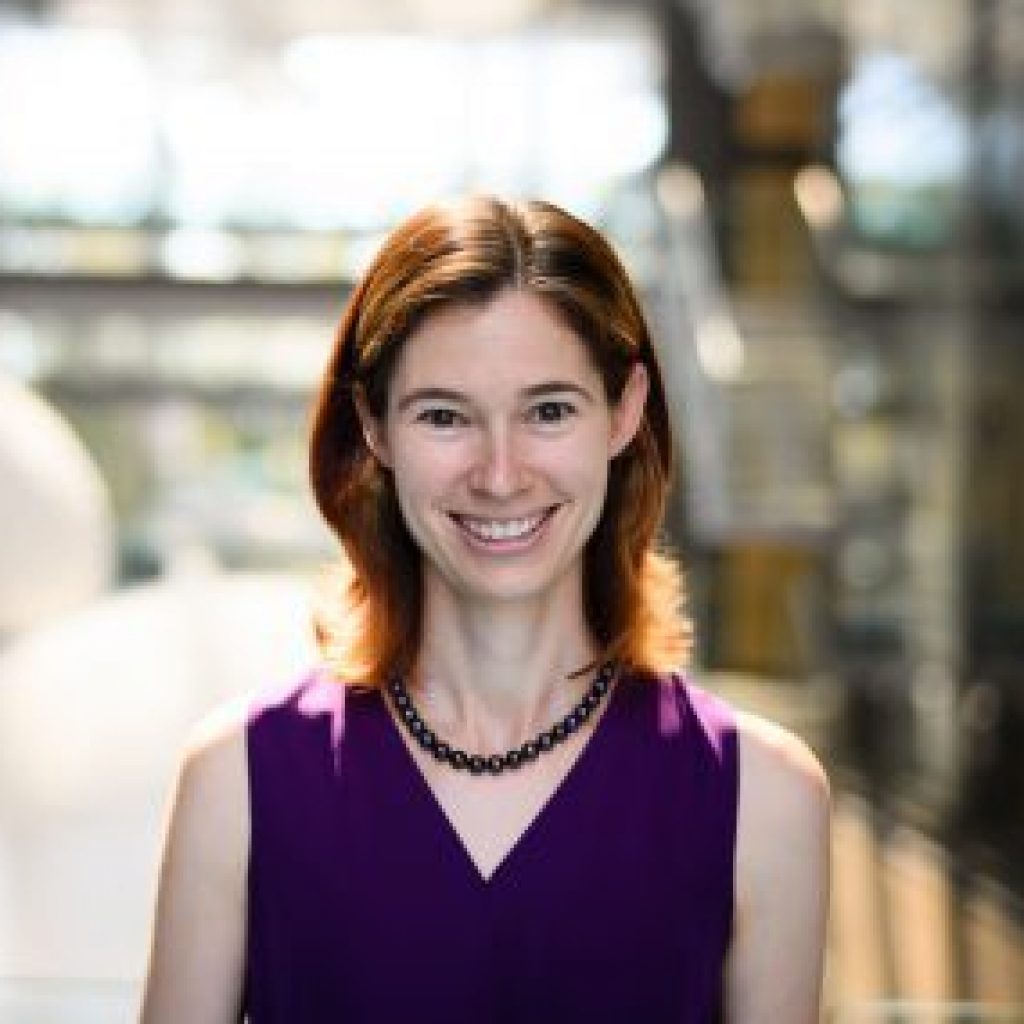

4/30/18 at 4:00 pm in Chemistry A101
The lecture will provide a brief introduction to biocatalytic methods in synthesis. Specifically, the use of various aromatic dioxygenase enzymes will be highlighted and their applications in total synthesis will be presented. These include several total syntheses of morphine alkaloids, total synthesis of Amaryllidaceae alkaloids and their medicinally useful derivatives, and approaches to other, highly […]
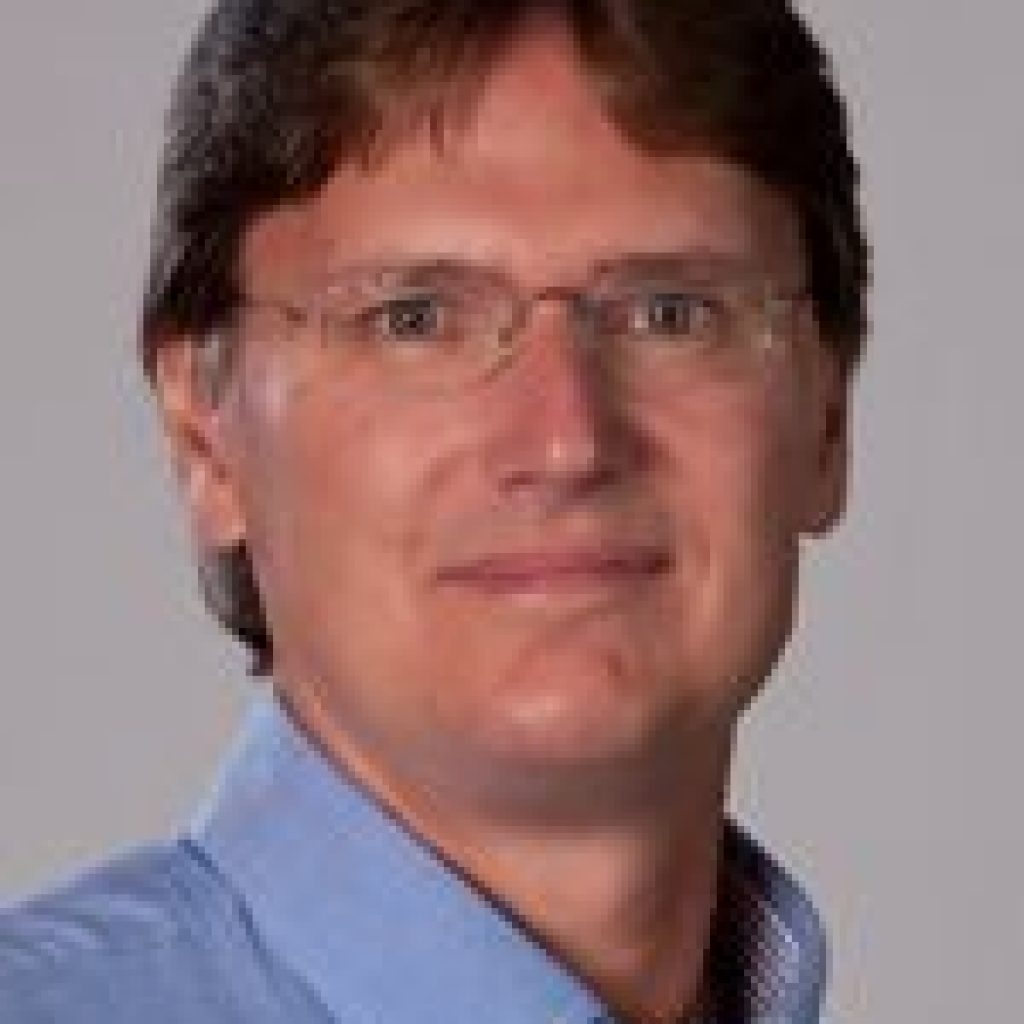
4/16/18 at 4:00 pm in Chemistry A101
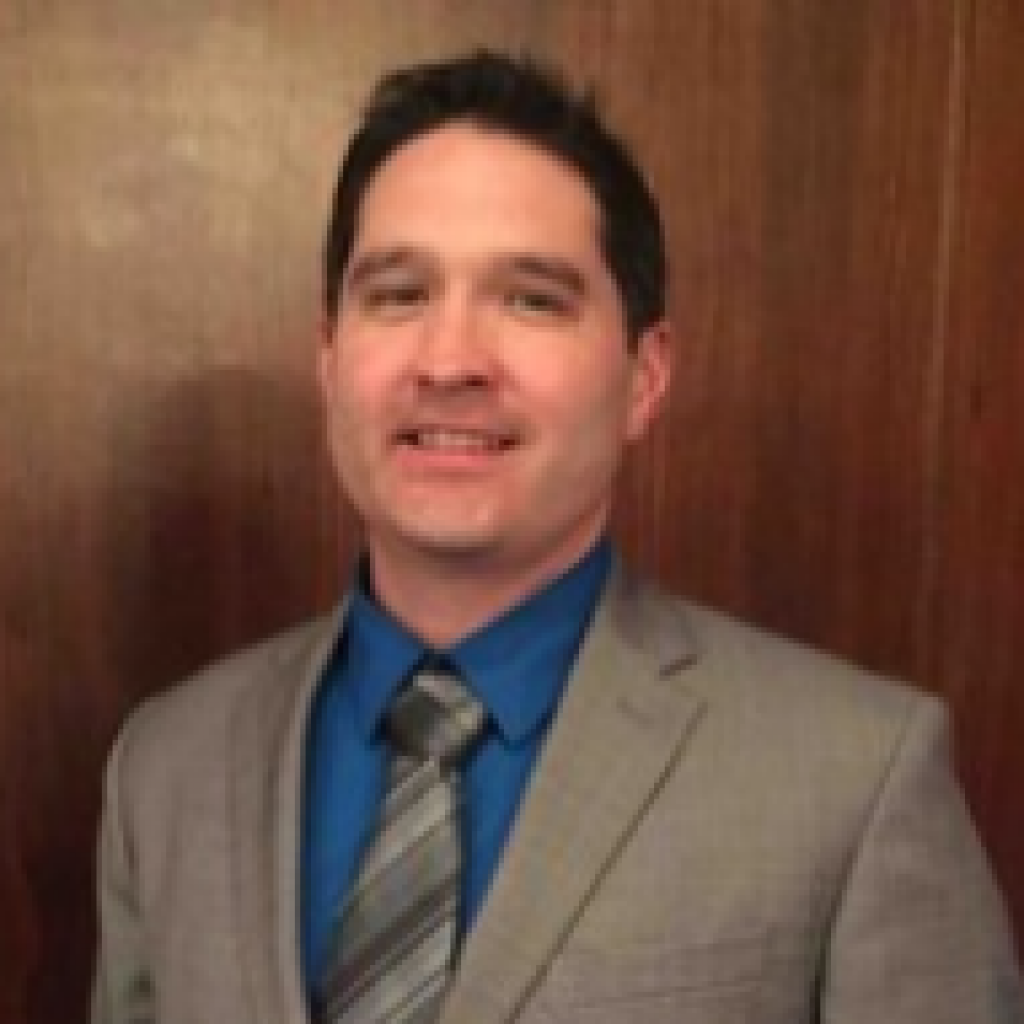
4/2/18 at 4:00 pm in Chemistry A101
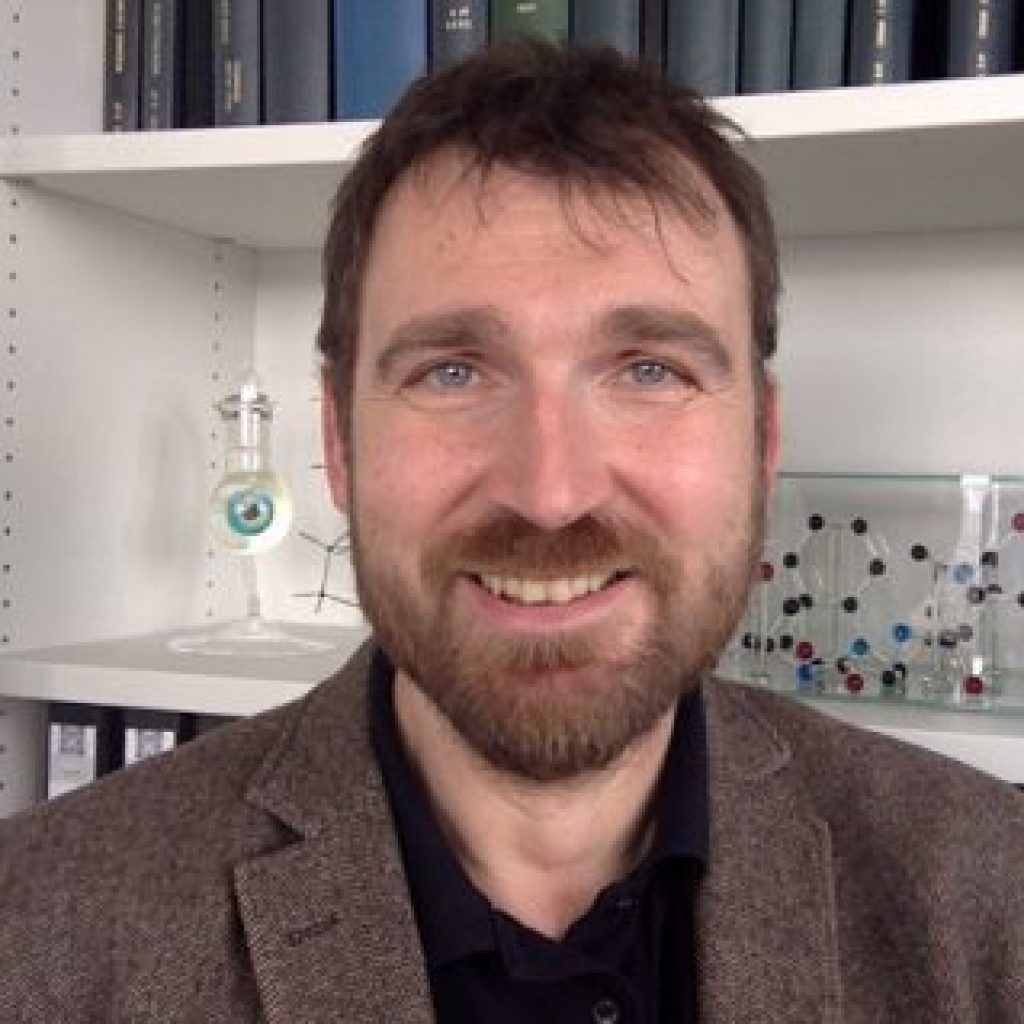
4/2/18 at 4:00 pm in Chemistry A101
